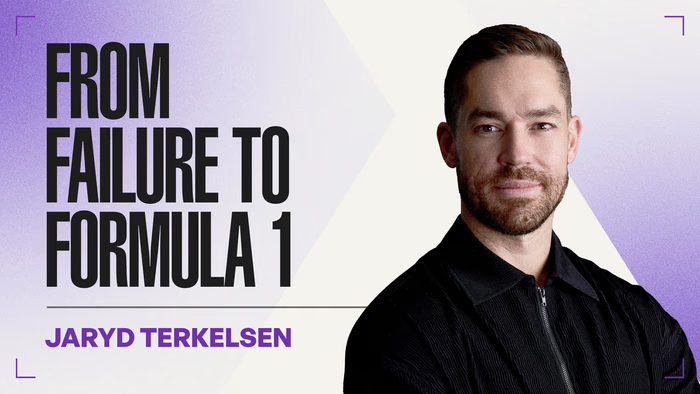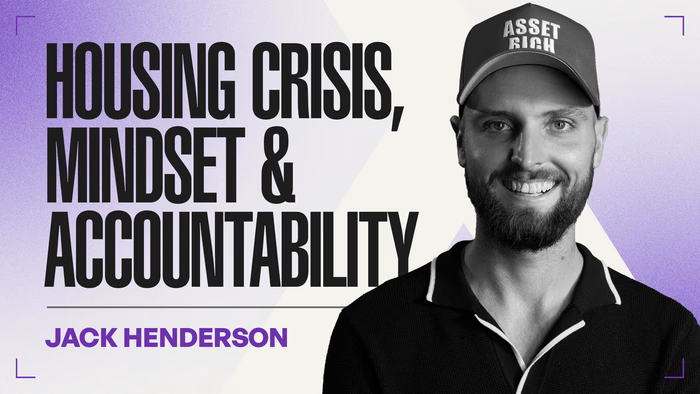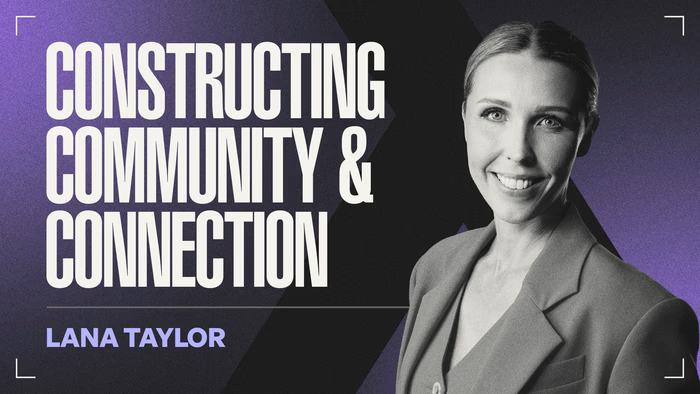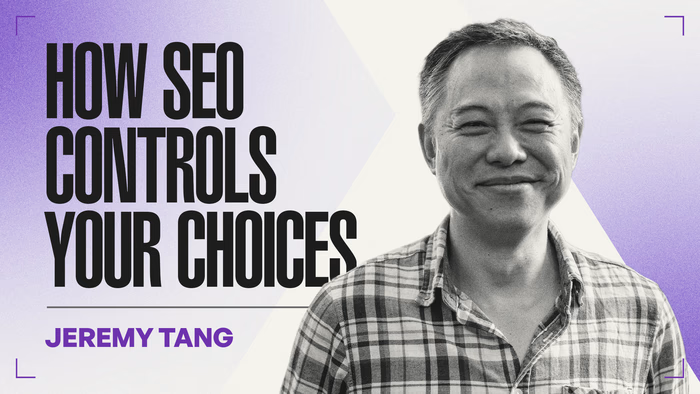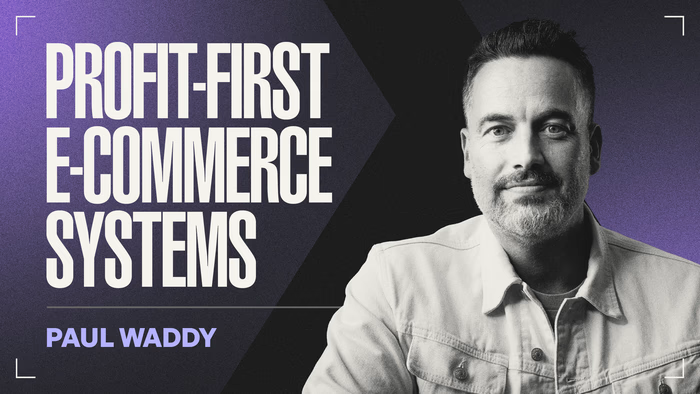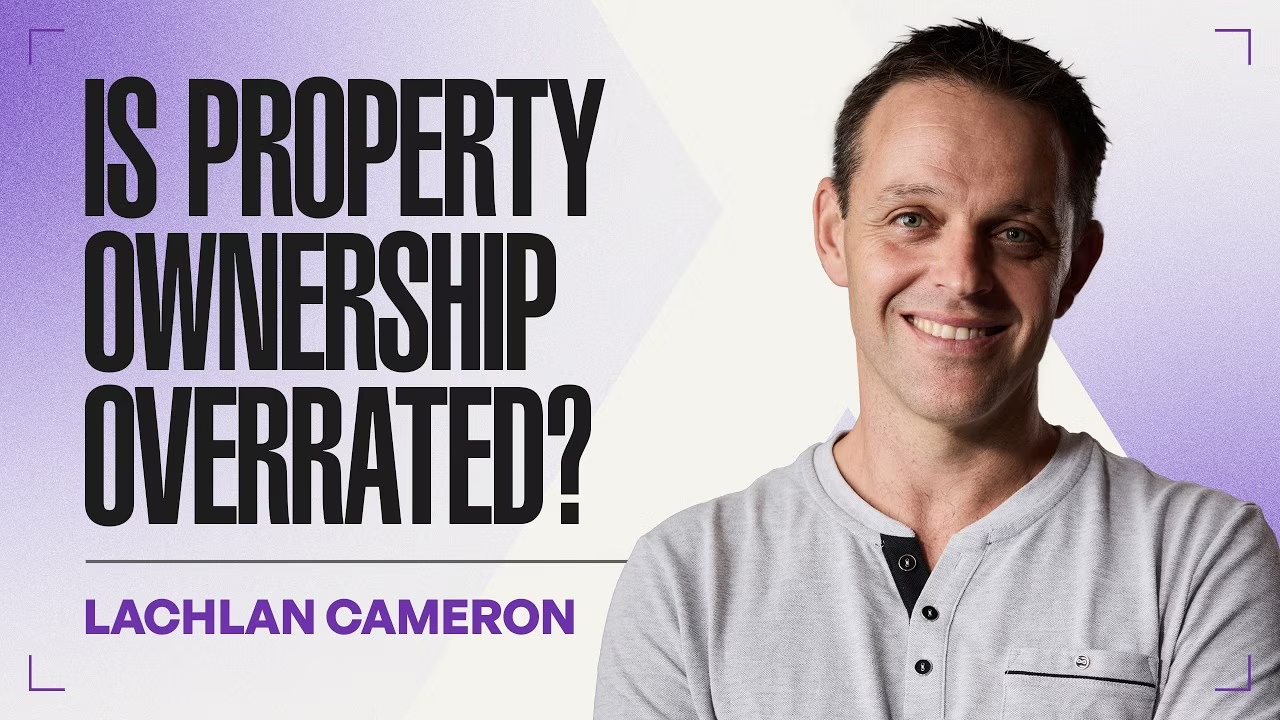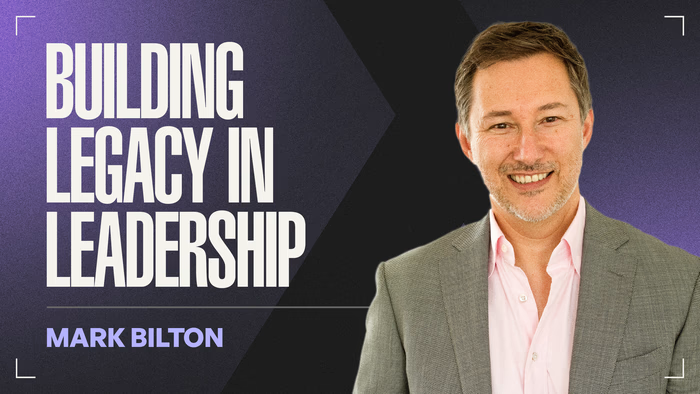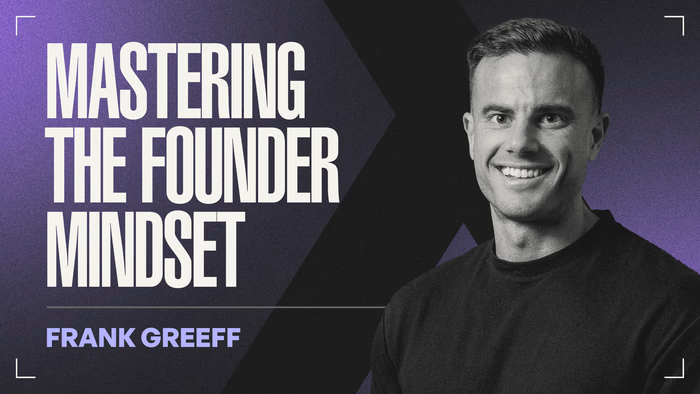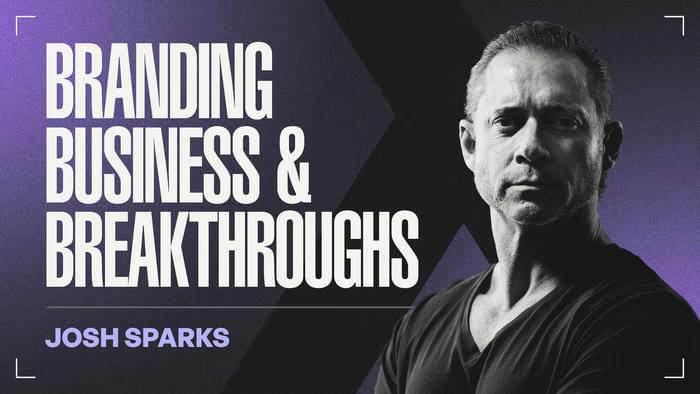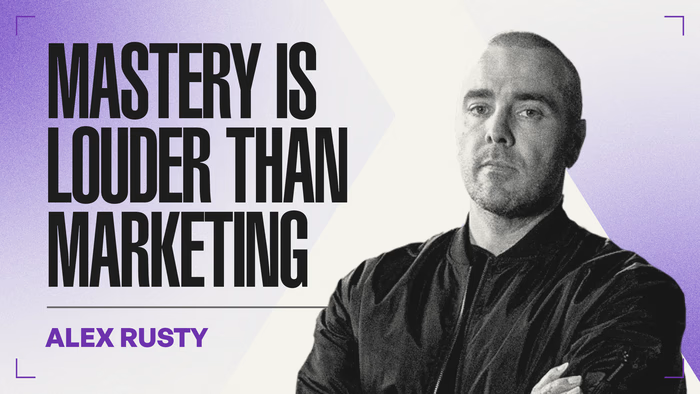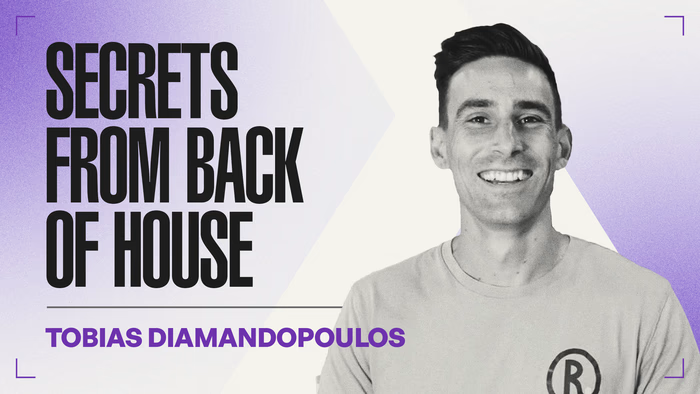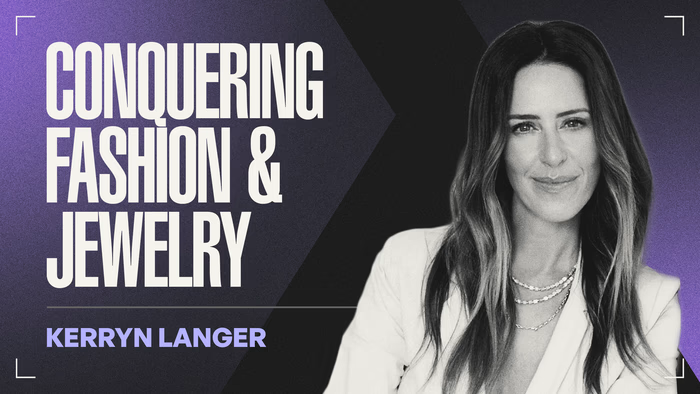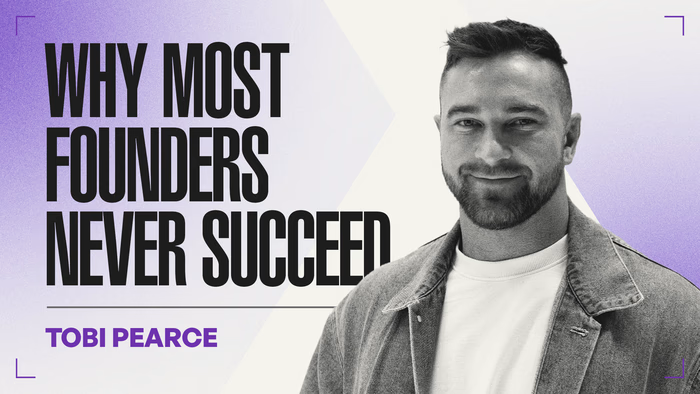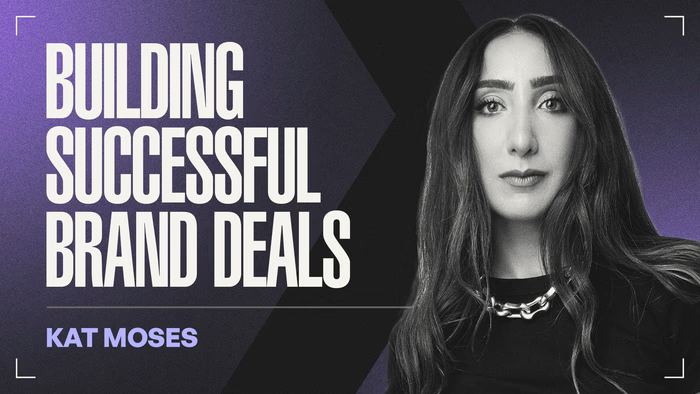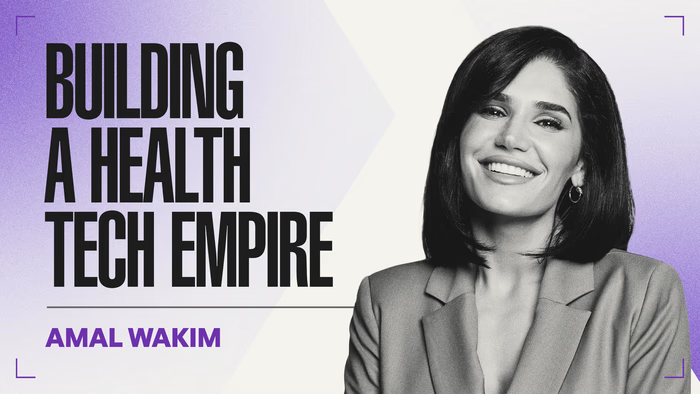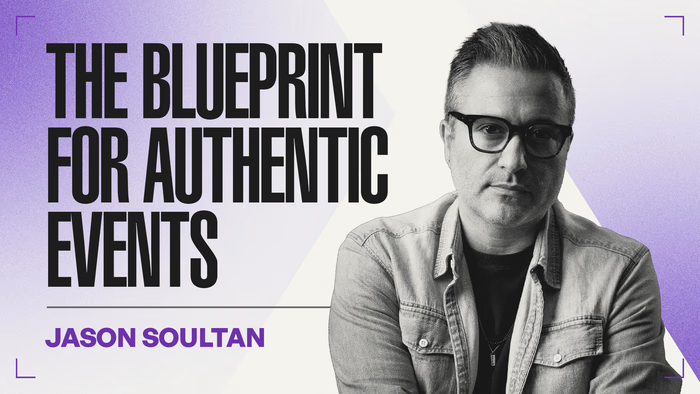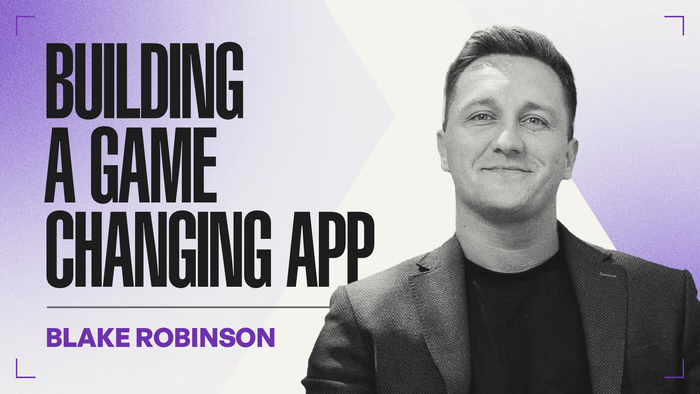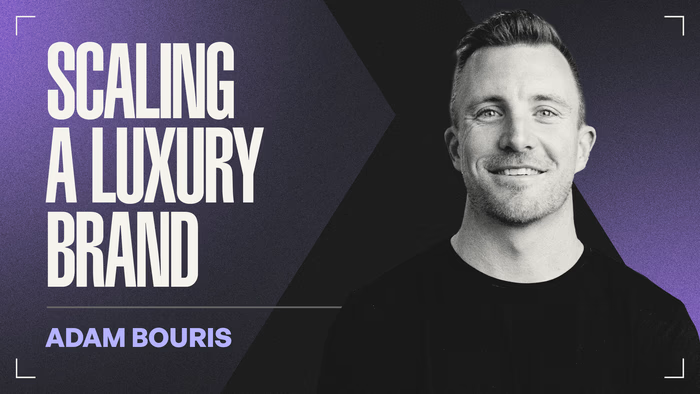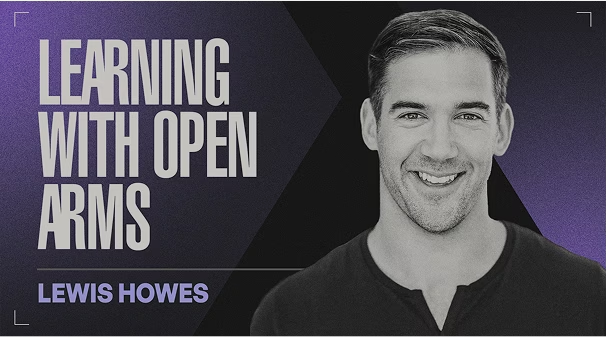


TLDR
Summary
Samantha Dybac, founder and CEO of The PR Hub, specializes in elevating the profiles of entrepreneurs, thought leaders, and businesses through earned media. She defines PR as generating credible awareness and trust by getting third-party sources (journalists, media, influencers) to tell a brand's authentic story, contrasting this with paid marketing. Dybac stresses that PR should be treated as an ongoing component of business strategy, not a one-off campaign. She strongly advises clients to prioritize a "laser focus" on one or two key target audiences and to maintain transparency and consistency across all owned channels (website, LinkedIn, etc.) before seeking media coverage. Her entrepreneurial journey is marked by learning to overcome fear, increasing prices to match value, and the powerful practice of crisis pre-planning.
Highlights
- Defining PR: PR is fundamentally "earned media"—getting credible third parties (journalists, influencers) to talk about your brand—which builds trust and awareness more effectively than paid advertising.
- PR as Business Strategy: PR should be treated as an ongoing, fundamental component of business strategy (like operations or marketing), not just a campaign, with its ROI tied directly to commercial goals (e.g., raising capital, M&A).
- The Personal Brand ROI: The first question for any client is, "What is the benefit to you [personally]?" Understanding the founder's personal "why" (e.g., more family time, a new business venture) is crucial to sustain the effort required for building a public profile.
- Laser Focus on Audience: To achieve success, businesses must avoid "hurting cats" (speaking to everyone) and adopt a "simple stupid" laser focus on the one or two most important target audiences (e.g., investors vs. consumers) for the current 90-day period.
- Pre-PR Toolkit: Before seeking media, a brand must have its "owned channels" in order: a consistent, professional presence across all platforms (LinkedIn, website, social media) and a clear, unified core message that everyone in the organization understands.
- Crisis Pre-Planning: Dybac strongly advises clients to proactively brainstorm and plan for potential crises (data breaches, product issues, price hikes) while things are calm. Having pre-approved messaging statements ensures the company can immediately get on the "front foot" and "own the narrative" rather than looking terrible by hiding.
- Ego Management and Reps: Clients with grandiose expectations (e.g., wanting the cover of Forbes immediately) must be given a transparent reality check and must commit to "leaving their ego at the door" to put in the hard yards at smaller events and platforms first.
- The Power of Persistence: Consistency, regularity, and authenticity are the three pillars of a sustainable personal brand. Focus and persistence can be learned through self-accountability and continually pushing forward, even when it's uncomfortable.
- Mantra on Fear: Her personal mantra is that the "outcome always seems scarier than what it actually is," which she used to overcome a crippling fear of traveling alone after becoming a mother, proving that embracing challenges leads to joy and growth.
- The Importance of Mentorship: Being a solo founder requires official guidance. Her most impactful advice came from a mentor who directly challenged her to "back the quality and the value of the work" by drastically raising her fees.
Transcript
00:00:00 - 00:00:53
we' never ever thought about it in their business but they really do need a contingency plan around like like issues management and crisis management if something were to happen in that business like sit down with your team and go through what are all the things that could go wrong in our business maybe it could be a customer complaint um it could be a data hack you know maybe somebody gets injured they've got a warehouse I had a great mentor business adviser at the time who really got me back on track in terms of
00:00:26 - 00:01:17
financials like what are you so afraid of why do you why you not why are you not raising your prices do you think you're not good enough like what does that say about you because you're never going to scale this and you're never gonna you're never going to hit like decent levels of profitability if you keep charging this and you want to grow Samantha dback welcome to the agency pod really excited to have you here today I think your expertise in the world of PR is really lateral to
00:00:56 - 00:01:48
branding in many ways which I'm excited to learn about and PR has always been one of those things that's been on my radar but I don't fully understand the entire world and the space and the Dynamics so I'm really excited to dive into that but I guess just to open this can of worms uh from your perspective what is PR that's a good question to start off thanks for having me Dan um I'm very excited to be here in this and and the new newish recording pod podcast Studio it looks fantastic thank you yeah
00:01:22 - 00:02:11
the team behind the scenes here big shout out to cam and cab and Emma and Jared and Luke who invested into figuring out how to get these lights up on the wall and all the rest of it so can't take the credit but the team have done what it's the um the lounges are very competing yeah these things are great we we could sit here for hours yeah shout out to Chris ma who had inspired us to get these because I I literally zoomed in on one of his pods to try to find a tag on the side of these things and I was like what is that
00:01:47 - 00:02:30
chair because when I went on his pod it was the most comfortable thing in the world that's found them yeah know very nice and could see here for a long time um so anyway back to it's it's a question I got asked often it was interesting to hear you say that you don't quite understand what PR is because I think even even even when we work with existing clients or we work with a lot of entrepreneurs and Business Leaders and often even I make the assumption that people understand what
00:02:08 - 00:03:02
PR is public relations and what the difference is between say PR and marketing but people don't really know and even when we work with clients we'll often then get you know anyway they might put us into the marketing Market or you know founders of busy people so it might be the head of marketing that then becomes the day-to-day contact for my team um but essentially PR is very much it's what in simple terms it's earned media and I'm going to explain that versus paid for media which is the
00:02:35 - 00:03:27
industry jargon for it um but PR is very much about controlling controlling the message in a way that it it communicates with the everyday person so it's not marketing and when we put together and I think there's a little crossover between what you and what your business does and my business does in terms of that personal branding and branding space but it's very much getting to the heart of what is what is the business about or what is the person about and then how do we tap into audiences where we can we
00:03:02 - 00:03:58
can tell that story in a way that it it seems like it's credible and authentic because it's coming from a third party source so it's not paying for an advertisement or paying for a piece of editorial or a piece of marketing in a publication or you know paying for an ad at a bus stop on the side of a bus it's very much getting people journalists uh media people influencers these days to talk about your brand or your product or your service in a way that they want to it's and we're not paying and we're not
00:03:29 - 00:04:23
paying for that that is that is truly the definition of PR although PR has sort of morphed into sort of paid areas as well these days do you think that the waters have been muddied by I guess a certain Trend that's happened in the market because like you said a lot of people do see PR as I guess paid media you know I get emails all the time from journalists that are like we're going to feature you in this magazine and blow up your PR just give us $7,000 and it's all sweet you know like it does seem like a
00:03:56 - 00:04:44
a misconception of what it is and what function it serves yeah and I think it's it's very much about where you're at as a business or you know as a person if you're trying to build your personal brand as well what is it you're trying to achieve as a business and that's where we would always start with a client anyway it's it's very much and even saying is PR right for you right now and it's going to that fundamental of what are you trying what are your goals what are your aspirations what do
00:04:20 - 00:05:11
the next six to 12 months look like and then maybe it is maybe you've got the funds and you want to pay for something in a magazine and and some of our clients do get those emails as well and and they'll come to us and like oh what do you think and know nine times out of 10 we will say like this is why you pay us like for us to generate those stories and to get you those placements um where you don't have to pay the much higher dollars to get one interview in one magazine but I think it's everyone it's
00:04:46 - 00:05:42
it's how it works for each individual but it does very much look like PR I think still from the outset from a from an outsider perspective uh but there's just so many ways to Define PR from my personal experience I never worked in PR so when I started this agency 11 years ago um I had a history in working with PRS and very much in businesses that I was running and building before that but I'd never done it but it was a it was a space that I went oh there's an opportunity here to work with amazing
00:05:14 - 00:06:08
business people with entrepreneurs with people who are launching these amazing businesses that are changing our world to help them tell their stories and so that was my definition of PR back then I went oh I'm going to start a PR agency I'm going to go and learn how to write some press releases and and that's my definition of what became the prub uh but there's different ways of defining it I I like that what you said earlier about it's earned as well and what you just touched on now is talking about
00:05:41 - 00:06:32
like the approach and the different I guess sectors of how you would approach it but just to touch on your story lightly here when you were talking about 11 years ago and you worked with PR agencies but you weren't necessarily an agency owner um how did you fall into this because oftentimes when I talk to agency owners they didn't really plan to start an agency they usually fall into it in some kind of weird way and then they end up creating a tribe or a team and then selling a product like how did
00:06:07 - 00:07:08
you end up in this world yeah I would say I sort of fell into it um so to you know sort of going back in my career I've always worked um in that space of personal brand and branding that's where I started when I was at University and my first job was with a company called nad's hair removal n ads and ads uh which at that time um was was like just a startup but we didn't talk about startups back then but I had the great Fortune of working in that business and that business built its longevity and
00:06:37 - 00:07:33
its amazing incredible success in a very crowded Market uh competing with multinationals because it was all about the story it was all about that personal brand story of the founder and the founder was was a mom in Sydney's West uh Sydney's West who in her kitchen created this no heat hair removal gel for her daughter because her daughter had very very hairy dark like dark hair on her arms and she didn't want to get tasted at school wow and and within that space that and is it nads is that how
00:07:05 - 00:07:56
you pronounce it nads nads cool so in that you were managing U the CEO or the founders personal Brands around the company and you had studied that previous to kind of diving in and then segue into starting your own your own crew and your own agency there was there was a bit in between but it was very much the beginning of my career and I learned so much in that job and then to fast forward to when I started the pr Hub um to think that that's what that's what we do now essentially so that was
00:07:31 - 00:08:30
sort of my learning but not realizing at the time um and then starting the pr Hub um again I was working with a a former politician a new South Wes liberal leader uh Carrie chikovsky at the time and uh managing her government relations business but also managing her profile and from that you know there's a backstory I think to that i' I'd been very burnt out and gone through some um a really bad business experience and and ended up in a lot of debt and so uh Carrie and I knew each other and and
00:08:00 - 00:08:56
she'd said come and work for me and I spent about six months working with her and and managing her media engagements and building her profile and then I went I've got that itch to start another business and um this is what I want to do like you've got this amazing profile but like let me help tell your story let me really help you get out there and build that profile and so that was sort of how it it started so yeah I was kind of a kind of not an accident but it just I fell into it yeah and did you discover
00:08:28 - 00:09:26
a passion in the midst of that like really obsess over this part of the process like where was the I guess the romance for you within this industry I just think it's the power of like connecting with with people so carried also introduced me to um a like an entrepreneurial community in Sydney at the time um and it was a lot of young Founders sort of in their mid 20s like creating disruptive businesses in different Industries and doing amazing things and I looked at these people and went you guys have crazy Amazing Stories
00:08:57 - 00:09:46
like let's tell them and and when you're talking to a business business founder or a business leader they don't often go to oh I want to be in the media that's not why they start a business they start a business because they're genuinely passionate about what they're doing and they want to solve a problem but equally like people need to know about that and so my I just you know my my experience in dealing with people and connecting people I love connecting people and I love sharing stories and helping people
00:09:21 - 00:10:10
see the value in storytelling it it really was just this thing that I created I didn't know what an agency was I'd never worked in agency I just went oh I really want to work with these amazing people and I want the world to know about them I'm going to help them do it and then from that I guess early on set of doing this was it like one project kind of stringed into the next and then you get introduced to someone and it kind of naturally or organically takes place then all of a sudden you
00:09:46 - 00:10:31
realize I've got a business on my hands yeah look and again back to that I always talk about human connection um and it's so much more than just networking um I think I listened to Daniel hkms um you interviewed him earlier on in the Pod he's great and he was talking about you know like you know what they've done with carbon and it's so much more than just like turning up to networking events and going oh I actually need something and I'm going to get that right now it's actually
00:10:09 - 00:11:07
developing those long-term relationships so when I started what became the pr Hub I was working with Carrie in her business and it became a side project and she' said to me she was like you can start it but you can't leave me so for years I sort of did it on the side I worked really long hours but I love business and I loved building and it was very much about meeting these people my you know my network back then was pretty sparse to be honest like I didn't really know anybody um and I was determined to
00:10:37 - 00:11:37
know people uh not because I saw them as immediate clients but because I could see the value in like you know you can't do things on your own and so it was a mixture of coold calling some people that I'd like or emailing people that i' admired for such a long time um and just saying hey can I catch up for coffee like he's little old me like but I'm really interested in you do and it just you know it organically grew until I made it a full-time business um the same year I decided to have my daughter it's
00:11:07 - 00:12:00
a lot well at the time I was so naive it it didn't seem like it I was going to take on the world but yeah yeah was bit more than I expected a nice distinction that you made there is it's not just necessarily about just noise and getting attention but it's about really building genuine relationships with people when you look at PR as a whole I guess in my mind I would at least split it into okay you have corporate then you have personal PR from your perspective are they the same kind of
00:11:34 - 00:12:28
process and framework or do you see them differently it's a really good question um and again very much a lot of Education needs to happen around that with clients or you know I think over the years we almost have become known I think the pr Hub is this place that you go if you're an entrepreneur or a leader and you want to build a personal brand and I realized um a few years ago I was like oh we need to get better at our messaging because yes that's what we do but ultimately I always will say to
00:12:01 - 00:12:55
anyone that wants to build a personal brand where are you going with this and usually it's a commercial objective or usually there's a business behind it or several businesses so there's very much a crossover and the process is quite similar um but that there's definitely an intertwining of the both and I think it's very important from the outset for anybody that wants to build a personal brand is that they need to see where they're trying to take that with their business so if someone has a hefty goal
00:12:28 - 00:13:20
of you know increasing revenue and scaling their company and and what have you what's usually your advice for someone in the position that they've built a substantial business of some kind and they're tangling with the idea of introducing their story and their face into their business what's usually your advice in that moment do you kind of prompt people like you should probably do this is it situational what's your what's your take on that my first question is always what is the
00:12:54 - 00:13:48
benefit to you and it takes that question gets repeated a few times because the first answer might be oh well we're going to scale the business and we're going to grow our Revenue 30% and then I will sit there and say but what is the benefit to you it's a key point we keep going and it gets to a point where why do you keep asking and I will say because I want to know what's the benefit to you personally I get where you're trying to go with your business but what's the benefit to you
00:13:21 - 00:14:18
maybe it's more time with your family maybe it's more time to start another business but getting to the heart of the work that we do really really want to understand what is the benefit to that person in going down that route of building a personal brand do you find that often in that situation with that person a lot of fear comes up between the benefit often times when I've had conversations around business owners contemplating the idea of building a personal brand there's a hunch that they
00:13:49 - 00:14:43
should do it but they're not necessarily sure why whereas some of them are like I I have another objective beyond my company and that's usually something that's really I guess motivating them and that might be it's not I guess to reframe what I'm trying to say here it's not always clear as to why or do you find that if you investigate deep and thoroughly enough that there always is an answer to that question I think what you were saying about the the not being sure about the why or thinking I have to
00:14:17 - 00:15:06
do it because somebody else is doing it or it seems like you know it's a thing personal Brands now like we talk more and more about it maybe someone said oh you need to build your personal brand sometimes people will come to me and say oh I've been told that I need to build my personal brand to build my business and i' be like but why and so it takes a while it's it's it's part fear it's part not knowing and it's an uncomfortable question to answer but for me it's like
00:14:41 - 00:15:28
we need to answer that question before I can actually say to you maybe we can work together as well in in your case like how do you know that the they're giving you the right answer you know when people throw out and answer at you and you're like okay but it didn't feel real didn't feel like you really believe what you said are there things that you kind of look for as like signs of like they really mean it and they really should do it I think it's just continuing to ask that question until
00:15:04 - 00:15:52
there's no more answers coming from them as a starting point that's a really good place to start is just to keep asking and then when they exhaust all the answers it's like okay we've got and you can usually hear it you can you usually get to the place where it's like ah okay we've hit that moment but not necessarily straight away but it's I would thoroughly recommend it to anybody who's thinking about that whether they're a business owner or they're aspiring to business be a business owner
00:15:28 - 00:16:22
or an influencer is to really drill down on the why and what's the benefit to me because there's a lot of work as as you know Dane as well like there's a lot of work required and a lot of time invested in building a personal brand in a genuine and authentic way yeah and that's true because it's it's um not just something you can have someone else do for you it's very involved it's very introspective it's very prying it requires a bit of work on on both parties part when you look at PR it's
00:15:55 - 00:16:48
it's quite a complex discipline because you've got I guess all these layers to it when you look at corporate and personal do you have I guess fundamental differences that you kind of take a different approach with depending on how you're looking at things with whether it being personal or corporate so the way the way that the work that we would do in PR is very much usually intertwined um potentially we might you know even people who've come to me who are very successful in business and say I want to
00:16:22 - 00:17:11
build my personal brand ultimately we still get back to the corporate because it's still driven by business and they're still in business and and they're looking for commercial objectives and particularly when you're talking about trying to see the ROI on PR being able to attach that to specific business goals is really important from a measurability perspective because PR isn't like digital marketing where you can you can see see the data and know whether you think you know whether it's
00:16:46 - 00:17:34
working or not um but we would always very much create a strategy around both including both and then look at what's most important but the personal brand supports the corporate and the personal brand makes the corporate stand out because it's the story and it's the person and it gives people something to connect to I think you've really unpacked that well and and it looking at it it's similar to branding there's so many layers so when we're building brand for someone it first starts off with
00:17:11 - 00:18:04
okay what's your mission your key objectives where are you going what kind of audience do you want to get in front of that's like one layer then you look at you know the psychology the vocabulary how we phrase things does it come across a strong or classical or modern or loud or sarcastic or what have you and then we go into Des design and so forth for you when you're looking at the the layers like how do you kind of break down PR like what's the first few stepping stones and then how do you kind
00:17:37 - 00:18:29
of rrap it up into the more complex stuff so to start with we'd very much start with the discovery I think this and we were talking about this earlier on before before we sat down and there's so much time that goes into if you're doing it properly into that that Discovery session whether you want to call it a consultation or Discovery or you know a workshop session or a brainstorm session is very much to spend the time in understanding the background to the business if you're working with
00:18:04 - 00:19:01
somebody or if you're doing it on your own is to to sit down and really drill down what does our next six or 12 months or threee strategy looks like look like and where do I as the the CEO the founder the spokesperson sit within that strategy what what role do I think I have to play Within that strategy and what what are we trying to what are we trying to achieve here and then equally you said you know you talk about your audience but then a lot of people have different audiences like yes we have our
00:18:32 - 00:19:26
end customer who buys the product or service but it could be an investor or could be seeking investors or it could be stakeholders or a board that you have to report to so PRS to take into account all those different layers not just the end consumer but then identifying who's most important so it's very much a timeline piece um and you know to do it properly there's there's a bit of work that needs to go into that before you actually start executing and then regarding that Discovery session you're
00:18:59 - 00:19:50
kind of unpacking everything putting all the material on the table and I imagine sifting through things and trying to create a timeline or a schedule or something for that particular client usually how long would a PR campaign take to prep and then roll out so I always like to think of PR as being um not just so much a campaign but PR being part of business strategy and something that I've learned over the years working with clients like the clients that we work with for years and and and we get
00:19:24 - 00:20:17
to really be part really really live up to that idea of being an extension of the team so not just saying oh we're an extension of your team but really being like we're almost physically in their office um so rather than a campaign it's like saying well where does PR fit into the business strategy just like marketing or operations or you know anything you know or digital marketing campaigns that you're doing like it should be seen fundamentally as part of the business strategy to justify I think
00:19:51 - 00:20:41
and also get the most Roi out of what you're putting into it so that's the first thing I would say about that but in terms of Discovery like it's very much a proc like that should take e easily four weeks and whether you're doing it on your own internally as a workshop or you're you know accessing somebody external to help you with that it's very much going back and looking at the history and from a personal brand perspective it can be be little little bit uncomfortable but actually looking
00:20:16 - 00:21:13
back deep into your own like your own Journey like what's got you to this point because there's so much in that beginning story that will come out and and resonate with your audience now I I like what you said there around like not being a campaign and creating a distinction there that it's PR is as you're unpacking it's like an ongoing forever kind of implementation in your business that should be considered as a healthy component of any CEO or founder trying to build an Enterprise and Beyond
00:20:45 - 00:21:40
when you're looking at the market and how they see PR what are the common misconceptions that people have that you usually face yeah it's that's that's a great question um and and again I sometimes naively think that people just get what R is and I have to say that to my team you really need to break it down even to existing clients like take them on the journey with us help them understand what PR is why it's not marketing and so you know when we look at PR like it's it should be part of the
00:21:13 - 00:22:02
business marketing is considered as part of the business the whole time but in terms of misconceptions one is that PR is marketing so what we write about our business from a marketing perspective which often could be quite jargony we've seen with clients like in terms of how they position the business it's it's a it's almost selling and they get the opportunity to sell their business on own platforms like a website or an e newsletter but when you're going to the market and you're going to the media
00:21:37 - 00:22:33
with PR you can't go to them with content that seems like you're selling because the first thing they will say to you is hey do you want the contact number for the people that manage our ads band and and we've seen that a fair bit so there's a huge education process around that yeah because it's more um strategic and autistic than it is just Roi generating and I think at least in my perspective the misconception around branding and PR is it's like it means to an end let me pay this bill accomplish
00:22:05 - 00:23:03
this task generate more Roi and what you're saying is it's more fundamental in day-to-day business than it is just this campaign or seasonal component you touched on the idea of Roi so a common question I get in my workshops is what's the ROI branding if someone was in front of you and saying okay I'm considering PR as a part of my day-to-day business operation what would you say in the case well okay typically these are the kinds of things that are Roi Centric and it doesn't have to be monetary what kind of
00:22:34 - 00:23:28
gains could someone expect from doing a healthy dose of PR in their business yeah look I I always come back to that question of answering what is the benefit to start with and really understanding and understanding what's the what's the core challenge in the business I think before you go down the path of PR because we don't always take on every single uh business that approaches us uh but if you go down that path and and asking and asking well why should you be doing PR now and understanding what is it in your
00:23:01 - 00:23:55
business so say for an examp as an example you might be looking to raise capital in your business so is PR worthwhile in that circumstance how can we use PR to generate activity in and around your business to raise raise credibility and awareness for potential investors and potential investors love to see that businesses are quite active in promoting themselves and getting their message out there because generally that means that that's going to help them if they invest in a business so that's that's one example
00:23:28 - 00:24:23
but it's going where is where is that key objective or it could be that you want to an announce a capital raise or you might be look looking to list on the stock exchange or perhaps you're looking to do a merger or an acquisition so in all those cases how does PR help you with that message and the answer to that is is that you can get into news outlets where you can get journalists speaking about what you've achieved as a business which you can't do from a marketing or advertising perspective and does that
00:23:56 - 00:24:49
touch back on to what you said earlier about earned versus bought so like if you can get in a position with your personal brand rather than spending all this money on paying journalists to kind of manufacture this appeal of like you're in demand you're able to then actually influence and earn it from the media yeah and look in most cases like with journalists you're not going to be paying those journalists so if you mentioned before getting an email from a publication and they come and tell you
00:24:22 - 00:25:14
that they'll write amazing piece on you and and as I said we've had those come to our clients before um and I remember one one circumstance it was a publication we used to do a lot of work with and I think they flipped their Model A little bit postco and that the whole approach was a little bit it was a little bit like dece deceitful in a way because it seemed like great editorial and the client got excited and they're like oh they want to interview us and we went oh that's interesting and we did
00:24:48 - 00:25:40
this 45 minute interview and then afterwards they came back and said okay we're going to write this piece but can you give us a list of six stakeholders that we can go to for ads Bend um and that that I definitely left a bad taste in my mouth because there wasn't a lot of transparency there uh but typically that's with the Publications and so you know that the Publications it will often say that it's paid editorial piece versus versus knowing some of the journalists that cover particular
00:25:14 - 00:26:08
Industries and sectors that write and they don't write for paid and journalists are um you know they they're so passionate about what they do that they you know generally all the journos that I know they definitely are very independent in what they write and will only write about something because it's genuinely of interest to Their audience so from a PR perspective you should always be thinking what value can I add to a journalist why would I approach a journalist with a pitch or something
00:25:41 - 00:26:28
about my business don't just blast them with things make the time to read what they write about because if you sound like you genuinely have and you've got a story that's genuinely interesting they're probably going to cover it I I like that perspective because I think there's a part of me that doesn't it kind of gets the ick when it's like I paid for this you know I feel like I get an imposter because I'm like oh I feel kind of gross if I had paid someone to do this for me so my the game I always
00:26:05 - 00:26:58
played in my head was like how do I be so good that people do want to write meteor about me and for me that's like a that's a real sign that you're on your way for someone who's not necessarily trying to get investment or impress uh a board of directors or what have you what are some of the other benefits that someone could see for themselves really trying to push themselves into the media being journaled uh showing up and you know speaking on Sunrise or what have you like what are all of the other
00:26:31 - 00:27:33
benefits that could build someone's brand because good PR PR is very much about creating awareness and trust and credibility and as consumers we take a lot of uh you know we see a lot of uh credibility when we see something on a sunrise you mentioned sunrise or we see it in the newspaper that we pick up or we're following LinkedIn and and somebody's reposted where they've been featured in an article as consumers we love to see and and we take advice from what we're reading and we do that also
00:27:02 - 00:28:04
with Tik Tok now and with influencers on Instagram because it's it's an independent Source or at least it appears as an independent source so there's so many pieces of Valu for any sort of business when you're ready to be going down that PR path because consumers will view that not as marketing not as your website not as an e newsletter or paid advertising but it's like oh the Australian financial review covered them oh actually let me read that oh that was in smart company or that was in um Women's Health oh let
00:27:33 - 00:28:23
me read that um if that journalist is writing about this and featuring it oh maybe there is something in this so there's a lot to be said about the credibility and the credible awareness and trust that comes from embarking in PR for any sort of uh product or service and I think that's really great because it's it's if you can get into that position and earn that credibility it only just validates what you're what you're selling or what you're offering or what you're building and I think more
00:27:58 - 00:28:51
attention is always good for a business or or an individual for uh someone who's looking at getting ready for PR um what are some of the things that they should be thinking about like if you were to say okay for a lack of better terms I look at branding as like a toolbox of all these different things we need your archetype your personality your voice your fonts your colors I'm like you need all of these ingredients what are the key ingredients um of PR right so then it might be Publications journalists
00:28:25 - 00:29:13
writing about you people interviewing you what are all of those things that need to get prepared for so that branding piece definitely needs to happen um I love that you mentioned that because you want to make sure that if you're going to be directing people to come and see what you're offering them you want to make sure you look as best as possible I always used to say to clients what happens when somebody Googles you or puts you into a search engine what are those links that come up on page one because that's going to be
00:28:49 - 00:29:38
what people are looking at and judging you straight away for so things and basic things that you don't you can do yourself within your business so things like The Branding piece is really important but then how do you execute that through what we call own channels so your website what does that look like what does your LinkedIn look like what do the social media accounts that you're deciding to run look like do they all look consistent do they all have the same messaging do they all represent you
00:29:13 - 00:30:02
in a way that you want to represent your brand and once you've got that own piece set then it's then it's working at then you're like oh okay maybe we are ready to start driving traffic through other ways yeah it's a good point because I think often times people have their own pieces and disarray their website's dated their social media content laid dormant for a long time so you're saying at least get that stuff up and running and consistent with one another with The
00:29:37 - 00:30:37
Branding before really diving deep into PR yeah and and also the key messaging so some some other work that can be done pre PR or should be done or done in conjunction with PR is working out what your list of like FAQs are if you like or if somebody was going to ask you about the business what could be some of the trickier questions that they might ask or what do you say about the business and being very consistent on the messaging and making sure that the people in your organization are also across that messaging so if somebody
00:30:07 - 00:30:54
Rings the hotline or somebody's you know you've got employees talking about somebody asks an employee at a barbecue like where do you work like what do you do just being able to have those conversations that they've been given some of that messaging around the business that they work in is really important because everyone's a listener yeah that's a good point because I think you know everything you do gets seen by someone and it's a matter of like amalgamating that so it's all similar
00:30:31 - 00:31:24
and people can kind of get it and then earlier before we jumped on we were talking about the target audience and I was joking that you know trying to build a brand for everyone is like trying to h cats it's really difficult uh I've never tried to heard cats but I can only imagine it's difficult but like I guess if someone's in a position where they're like hey I kind of want to speak to everyone or they don't have Clarity on who they're speaking to what impact can like getting very clear on their
00:30:57 - 00:31:47
audience do for PR it's such a fascinating space like I actually I love love talking about this particularly when we're going through it with potential new clients because we'll put together you know we'll put together a proposal and in that we we would have had a discussion a pre- like Discovery Deep dive session with them so that we could get a bit of an idea before we actually go back to them and say hey well maybe we can work together and then we'll identify target audience and there
00:31:22 - 00:32:12
might be four say four or five on that and we'll look at that list and we get stuck on that slide for so long in that in that feedback session because it actually gets the the business owner or the people in the team thinking about oh okay this is all our audience but who's most important and that's a question that I would ask because there was something that brilliant that you said before when we were chatting and I can't quite remember it it wasn't the hurting Cuts there was some there was another
00:31:47 - 00:32:40
way you described it um but you know trying to talk to all people at at once oh speaking to everyone is like uh when you try to speak to everyone you end up speaking to no one yeah exactly and I loved hearing that because it it's I I believe that that's so true especially in PR you might have all these different Target audiences but who's most important and again I would tie that back to what are you trying to achieve in your business right now what what what is most important in your business
00:32:14 - 00:33:06
in the next 90 days what does success look like and who's the target audience at the end of that because they should be the focus for that next 90 days how do you help someone dismantle that like in the event where they're looking at four and they're arguing back and forth like what are some things things that you're like sharing with your community or your clients like consider these things and I think we often go back to we be selfish here you know it sounds great to do the right thing but at the
00:32:40 - 00:33:37
end of the day for the business and for what you really want deep down like what is that selfish component that you know maybe this particular audience is easy to work with or maybe it's more longer lasting or what have you do you have ways you can kind of really unpack that to help people make that decision yeah look again I like this be I think it's my background in building businesses and running them I'm very and again not a PR person but I'm a business person um so I'm always will link back to what's the
00:33:09 - 00:34:02
strategy and what what are the goals for the business because it's so important particularly with something like PR when you go to measure success as well and you look back and think well how do we measure PR did it help us and I always say well did it help you achieve your goals and I'll come back to that idea of uh perhap potentially like a business might be looking to raise Capital so who do they need to get in front of right now is it consumers or is it potential investors and so potential investors and
00:33:35 - 00:34:28
consumers are both in that target audience list but for the next 90 days what what's that laser focus in the business and potentially it might be growing the business so then so then we switch to that consumer piece or it might be a product launch in a business so they might have come up with this amazing new product in their business that's very consumer oriented but equally they might also be needed to get to be getting Partners on board or institutions on board so maybe there's maybe there's two target audiences it's
00:34:01 - 00:34:53
okay to have two but three or four or five is then you're just like there's it's spread too thin and you're not going to do anything well too many cats too many cats yeah I like this quote from Alan dibs he says that if you have a th000 watts of energy you can put it into a light bulb and lighter room which is great you could take the same amount of energy that same thousand Watts put it in a laser and cut a hole through steel so what it sounds like you're saying is a 90-day period you have to
00:34:28 - 00:35:18
have have a laser focus on like okay what's most important right now for my personal brand and my company that's investors then our PR campaign needs to lean into that for example yeah and keeping it I mean simple stupid but keeping it simple like don't don't over complicate the message because I I mean I know even as you know I'm terrible at this um but I always want to get everything in there and so and a lot of Founders are like that they're excitable people like there's so many ideas so
00:34:53 - 00:35:42
many things going on they've got three different things happening in the business but they've got three more ideas they want to launch with and so they want to they want to talk about all of it at once and so my job my team's job is to really sit with them and go okay we're going to be a little bit strict but what's most important right now let's focus on that and then let's come back to the other bits a little bit later on sounds a little bit like therapy like in the event where you're
00:35:17 - 00:36:08
sitting with a client across a table workshopping this stuff and you're kind of you know they're in a place where they have a lot going on and sometimes you have to be like we have to be a little bit strict let's remind ourselves of the goal here and you have to kind of bring the plan together when you're workshopping what are some things that you use as a framework or a thinking process to really help clients get to a conclusion or get to a decision or agree upon the outcome especially in the event
00:35:43 - 00:36:37
where there's like four or five people in a meeting I imagine it gets a bit hairy but yeah what are some um some Frameworks you like to implement in your workshops I think it's always good to let everybody in the room have their say to start with um and then to sit down and and sort of even map it out 30 60 90 days what's happening in the business tell me what's happening in your business what do you what does success look like for you in the business in 90 days what would you have achieved and so
00:36:09 - 00:37:01
then that starts to break it down into a timeline because if there's a lot going on it becomes really overwhelming for everybody and then you're trying to do all things at once and do nothing good so I say let's bring it back to the commercial objectives or the business objectives and let's let's let's put it into a timeline that's a sounds so simple but it's so effective and what do we want to achieve in that order and then let's look at from a PR perspective
00:36:35 - 00:37:29
okay what can we be doing from a PR perspective that's going to help you achieve that objective and then if it's mapped out in a process and I love a whiteboard so I love a good whiteboard session but to map it out visually on a whiteboard it's nice and simple people in the room generally tend to get it because they start to see it and there might be a little bit of discussion in around some of the timings on things or you know classic in business um and you would see this all the time is that
00:37:02 - 00:37:51
things change really fast in business and so particularly being adaptable from a PR perspective is really important too so you know a client might say that they're doing something in 60 days time it doesn't happen because it got delayed most things in business get delayed a little bit or you know people get very excited about things and they say this is going to happen in 30 days and and so it's going oh okay all right hasn't happened yet great what else can we do yeah and I think it's really a great
00:37:27 - 00:38:14
framework to go go okay you know cuz I imagine the conversation could go any which way and if you're isolating it to a timeline it kind of removes any thing that would come up in the conversation that's not relevant for the next 90 days we don't need to unpack that yet Perhaps what are some other General challenges you find in workshops with people do you find resistance around certain topics things that they don't like unpacking that you have to kind of get through what are some other obstacles that you
00:37:50 - 00:38:48
might face typically okay let me think about this there's not to stop the conversation sorry this is fine we can edit this out yeah I know I was like I've got I've got heaps and I was just thinking um can you ask me that question again is that all right so when yeah when you're in a workshop with a client and you're unpacking the 30 60 90 days are there General challenges that come up that are moments where you're facing resistance from the client things that you have to navigate and help them
00:38:19 - 00:39:19
unpack that might be based off fear or concern or maybe just an education piece but common things that people feel in a workshop that are um moments where you have to use a framework or use a method of thinking or other tactical things you might deploy uh when when faced with challenges in workshops and what those common challenges might be PR is such an educational process I find um and I'm still learning I've been doing this for what over a decade and there's still things that I'm always learning about
00:38:49 - 00:39:39
how do we better educate clients or how do we better educate people about the process or what PR means and really breaking that down um because often it still it will come if there's a little bit of resistance it comes from a place of not knowing um and and you know as an example of that it might it might be something like we talk a lot about thought leadership in our business and thought leadership for Founders and CEOs and what does that mean that means extracting their expertise in the topics
00:39:14 - 00:40:05
of the areas that they're experts in they've had lots of experience and then looking at how we create unique and interesting angles that that will fit into the new cycle and then thought leadership can be you know drafting of 800,000 word articles that we would place to Media um but often that's a really foreign concept as an example for a new client or even an existing client and and I found you know we'd walk into meetings and the team be like okay we're going to do all these thought leadership
00:39:40 - 00:40:31
articles and and and the client's like what like how is that important like how is that PR like that's not a news announcement PR is a press release right or PR PR is a very tactical thing as where thought leadership is a huge thing that we've built out in our business because it's all about showcasing a personal brand and what you can do when when you don't have a news announcement but there can be resistance to that and I think it's more just it just comes from a place of not knowing and comes
00:40:05 - 00:40:58
from a place of where we need to sometimes be better at educating the clients on why we would recommend a particular particular part of PR that they've never heard about before because they just you know PR gets labeled as news releases or you do PR as as a tactical as we mentioned earlier a campaign as where PR can be so much more and PR in your business on an ongoing basis I I I like that take on because I think yeah when you face resistance in a workshop it's pretty it's pretty natural
00:40:32 - 00:41:19
thing but that's the whole point of a workshop is to put those hard topics on the table and like dig into it when you're when you're working with someone do you have like tears that you kind of put them in and I'd imagine something of the you know the concept of like okay this person's unknown so then we kind of have our work cut out for us or they might be a bit of a local hero they might be known around their town or their City then they might be nationally known then they might be kind of a micro
00:40:55 - 00:41:46
celebrity and then a big icon like a big household name that kind of everyone knows you know what I mean so like do you have different brackets who kind of sit people in it's so interesting and it sort of makes me laugh a little bit because it it makes me think about all the times we've had people come to us and and you know businesses are largely referral based and so they would see um a client who's typically we've worked with for a long time and a client who's got a decent sized profile because
00:41:21 - 00:42:09
that's generally how we recognize people once they've made it in the media then you know it looks like they've just become this overnight success but actually they've been doing the business for 20 years and now they're at a point where the meter are talking about them um and so and so we'd have clients come to us and they' be like oh so you know this person recommended me and and I want to have a brand like them and and we used to laugh that you know we talk to clients often about well what's your
00:41:45 - 00:42:34
North Star we asked them what's your North Star for PR because it's good to understand where their heads at like you were saying do they think they're a tier one but actually they're starting at tier four um and that often can happen it can often happen because they want to be up there in lights and we we joke that nine times out of 10 the Northstar would be oh we want to story in the Australian financial review or we you know we want to be on Breakfast Television or we want to be on the
00:42:09 - 00:42:58
Nightly News um and it it used to it actually used to be a pain point for me in the early days because I'd be thinking I don't want to lose this client but like I know that they don't have the stories that the Australian financial review wants and over time and you know you know with building the business we've learned to have those conversations and I think transpar is so so important to be really upfront with clients whether they're new or whether they've been with you for a while and
00:42:34 - 00:43:22
they come to and go I want to be on the front cover of Forbes Magazine and like okay all right that's good we've got a starting point at least I know know where you're thinking like it's really important that transparency let's have a look at where you sit like where where is your brand at right now from a visibility perspective what sort of coverage have you had where are we starting do we think that's achievable and then we would start to we don't actually label them as te one two three
00:42:58 - 00:43:50
or four or five but we definitely will work through that process of being very transparent and and inviting them on the journey to to understand well this is where we can get to and this is potentially how long it's going to take but we've got to take these other steps first and we've got to work through the process in order to get you to that stage where that news Outlet sees you as as you know something that would be of interest to their their readers and that's a good point because you have to
00:43:24 - 00:44:16
very much manage that expectation but then still find a way to get the the deal and then get the project across the line how do you manage the client's expectations if they are grandiose and they want to do big things being put up in lights and become that micro celebrity of their space how do you help kind of Usher them through the reality of what they're about to expect my Approach has always been under promise and overd deliver and I try to reinforce that through our team and all the work
00:43:50 - 00:44:46
that we do uh so I always approach things from a place of caution I think in the early days of starting my business I probably said yes to a few too many things um just to build the business and and found and I found from experience and learning the hard way that sometimes it was better just to say no to things or be more transparent like I think I can't say that more enough like sometimes it's it's better to have those harder conversations and be really upfront with the clients which I wasn't so good at
00:44:18 - 00:45:11
doing earlier on and I still you know I'm that type of that type of person and maybe it's that the founder and me it's like yep we we can do that and then work it out later um but I think it's it's just about managing expectations and you know if a client doesn't see that that that works for them then it's being able to say no as well from a business perspective just going well actually hang on maybe we're on different like playing fields our values are a bit different um what what you're expecting
00:44:44 - 00:45:41
totally get it but we don't see us as being the right partner to do that what do you what do you find happens in those situations where you do say no cuz saying no is hard especially when starting out like when did you learn to say no nope and this is what we're going to do instead saying no is really hard saying no is really hard and especially when people on the receiving end of no seem to take it personally rather than see it as a business decision um and it's something I still struggle with I
00:45:13 - 00:46:02
would still say maybe there's maybe there's one or two clients a year maybe not so much this year but I still remember last year saying yes to something and then going three months later why did I put my team through that why did I put my why did I put everybody through saying yes to that project because that that entrepreneur in me was like yes it'll be great we can make this work and um so saying saying no is really hard but it's it's also really important and it's and it's you know PR
00:45:38 - 00:46:26
is all about rejection as well working in PR you're pitching all the time you're selling you're selling it away and you're getting lots of knockbacks lots of no responses and it's just being able to have that that tough skin to know that you're making the right decision it might feel a bit tricky at the time but you know it's the right one was there a particular battle scar that maybe transitioned you from being more on the let's get that done versus no that's not possible let's be real here
00:46:02 - 00:46:56
did something happen and what was that moment for you firing clients has been in the past uh was a real step up for me and I didn't really it was something that you know a mentor had said to me and I hadn't really considered it before you know I just like tough it out with a client who was just pain in the ass sorry um oh it's true sometimes it happens yeah and you know and it's just and and I've learned over time that it's also like it's about when you're when you're like deciding to work with a
00:46:29 - 00:47:24
client you're deciding to work with them as much as they're deciding to work with you and we need to be like smart enough and mature enough to look at the cultural like try and work out what those values is there a values alignment there as well as well as can we do what they're expecting um but firing clients was something that a mentor had told me about um years ago and I remember firing trying to fire my first client and I just felt I felt awful and I I was question like who am I to be doing this
00:46:56 - 00:47:47
as well like is this not a business like am I not really a business person here like isn't this Revenue isn't this good for me like there's money coming in um but I quickly learned that usually it was they were the least paying clients as well were the ones that were most problematic but it was a really tough learning curve for me doing that and and I equally have had clients talk me out of firing them um which um has it's sometimes it's worked well like you know that's that's been a learning as well
00:47:22 - 00:48:05
sometimes it's it has worked well or potential new business I've looked at it and gone oh yep sorry that's not going to work for us like and and I'd have those people come back and go no no no hang on we want you to listen to us a little bit more on that and I can think of a particular client now who like I won't name them but they've been with us now for two years and originally when they first approached us I i' said no sorry I don't think you're the right fit
00:47:44 - 00:48:34
for us and they pushed a little bit harder and and here we are two years later and we have a fantastic relationship and we work really well together it's sometimes difficult to pick too because in the initial onset you might get a u a hunch that this is is going to go poorly and then on the other side of the spectrum you're like this is going to go great in the backfire so I've experienced all of that as well and I think as an agency owner I can relate what what tips do you have for someone who's trying to develop a
00:48:09 - 00:49:00
tough skin they're early in business they haven't had their Battle Scars yet like what would you say to them to be like think about these things and the benefits of having that tough skin I think it's I think it's hard to tell anyone too much because you've got to live it and experience it yourself I always liken it to um when I had my daughter Misha because I had this idea in my head that she would just I'd be back at work the next week I'd be on a plane attending an event with a minister
00:48:34 - 00:49:24
opening an office for a client it was all going to be fine I was going to go full full on into this business no one could tell me how hard it was going to be being being a mother and how that you know I had to adjust to having this other baby in my life um and I really struggled I really struggled and I've talked about this before like just becoming a new mom and and having that other baby when business was my baby no one could have told me that like they did they tried to tell me and I knew
00:48:59 - 00:49:47
better and I knew that I'd be able to do it so I think there's there's a level of telling people and people don't like to be told I think sharing experiences is always trying to share an experiencing around those things and in terms of you're developing a tough skin like I always look at it when you look back at things that for me when I look back at things that I thought were really really hard and then I've done them and accomplished them and I think oh what was so hard about that it's just trying
00:49:23 - 00:50:14
to have that um I guess the confidence in yourself to back yourself and know if it's something that you genuinely believe in and it's something that that your intuition I'm big on intuition your intuition is telling you that it's something that you need to do trust your intuition and do it and get to the other side yeah because I think there's those moments in life where things happen like becoming a mother and um I can only relate by becoming a father and watching my fiance Ellie go through everything
00:49:49 - 00:50:43
and I think when I started this business it was very much my baby and at the same time my daughter Hara was born uh six months into building the business really thoroughly and in your mind you're like I got this how hard could it be then you know you're going through sleepless nights you're going through you know hospital visits you're going through all these other things especially being the mother you're happen to be the nurturer and very much close to to the child in that first six months especially what
00:50:16 - 00:51:08
was that like having that Stark reality check of running a business and then all of a sudden you're having to divide your time you're having to divide your your mindset your energy what was that like for you it was horrible really struggled I really struggled um and I often look back at that and think why did I struggle so much and I think it was part of it was me it was this control like in business you can control things it took me years somebody said to me like years later they said business is easy
00:50:42 - 00:51:39
compared to being a parent and I went oh I'd never thought of that um so it just my experience like I I I absolutely love being a mother now but in those first um six months all I wanted to do was get back to my business and it felt like a really rude Interruption to My Life um and I think it was honestly because I just couldn't control it and didn't know what I was doing and and in business you generally don't really know what you're doing but you feel like you can control things a lot more so it was something
00:51:10 - 00:52:02
that I had to learn to love to be for being a mom like now I think it's it's one of the best things in the world and um I'm very like you know business business has to fit in as well with being a mother but yeah yeah and I think it it's um it's an interesting learning cod as well because you have a pre notion of what it's going to be like and then it it is a massive moment of adapting because you're you're like this is frustrating I want to be doing this thing right now growing my company and
00:51:37 - 00:52:38
this is my passion and my heartbeat and then all of a sudden your your attention's being split for you were there some key people in your life as you were scaling your business uh in the early years that that had pivotal advice for you in moments where you might not expected that that was the advice you needed but it was really a transition in your company yeah so I I would say that I've had the fortune of having people in my corner and getting to know people who've been there in different different
00:52:07 - 00:53:05
stages of business or life and and sort of you I've either tapped into them for advice or or or other um I you know certainly like I don't don't want to say like too many like too many things about that but I you know I've had one one adviser in my business who basically just sort of said well like what all these people people doing here like who are these you've got all these people like you actually need these roles and we're at a time where like you know co co and and even you know even in co co
00:52:36 - 00:53:21
was really Co was hard for most businesses we had the fortune of then growing quite quickly and I had a great mentor business advisor at the time who really got me back on track in terms of financials and and was just like saying you know you just you just keep you know charging this out at nothing like what are you so afraid of why do you why you not why are you not raising your prices do you think you're not good enough like what does that say about you because you're never going to scale this and
00:52:59 - 00:53:45
you're never going to you're never going to hit like decent levels of profitability if you keep charging this and you want to grow and that was that was terrifying like I was like oh I don't know how to do that what if they say they don't want to work with me anymore if we're too expensive and so it was a really good lesson in there and backing backing the quality and the value of the work that we do and and and charging like we were so under market rate at that time as well uh but it was
00:53:21 - 00:54:12
just so scary to me to think oh but I'm taking a real risk here like in my head I was taking a huge huge risk like going I'm going to up my fees does that mean I'm going to lose my business but it was actually like not having the not having the um the confidence in the value that we were delivering and we were delivering exceptional value I was just too scared to put to put up my fees and recently I had another conversation um or actually it was a little while ago now sorry um and I was talking about uh
00:53:47 - 00:54:36
new business and growing the business and converting the business and we went through a a period in our business where we were really struggling with Recruitment and this is sort of out off the back of covid um when Talent skills and skill shortages were tight and there was a lot of movement in the market and people moving around and you know we we lost a few good people and people moved back overseas because they wanted to go back home and and then we really struggled to find some key roles in our business um
00:54:11 - 00:54:56
and then we just weren't growing and and someone said to me they said but and I said there's something wrong like what's wrong with my selling process like I could always sell like why am I not converting these leads and and he said well what's really like he said it's not you like it's not your ability he said but what is it in your business in the back of your mind that is actually stopping you from growing and I and we sort of kept talking it through and I went well actually we're still
00:54:34 - 00:55:24
struggling to fill some of those key like dependency roles in our business and I think in my mind I'm probably worrying that I'm going to have to do all this day-to-day work again and I really don't want to do it I said well maybe you need to actually like look at what what's going on in order to like fix up the front end so that was and that was I wouldn't say it was like super confronting it was a bit annoying I was like oh damn you like damn you um but equally it was it was actually very
00:54:59 - 00:55:52
very helpful because it helped me identify something that perhaps I knew but really wasn't paying attention to yeah it's it's so good to have these key people around us in moments of need and there's been different seasons of my business where I've had a hunch like something's off here and just paying someone who's proficient in that particular Challenge and bringing them in and just letting them go to town on whatever they think they need to say swallowing that brick and then doing it
00:55:26 - 00:56:18
has been one of the the most beneficial things I think we've introduced here like such as increasing your prices or getting real about the roles that you have and whether or not they're essential navigating this can be a challenge do you have like a go-to technique in these moments where things pop up that you have like go-tos like do you seek mentorship do you do you have uh things in your toolbox that you reach out for I've had a few amazing business advisers over the years um and the first
00:55:51 - 00:56:49
one was actually like uh was we were chatting just before Co hit and he'd worked with some of some of my clients and and I'd noticed like some some great results with them I actually met him through entrepreneurs organization um EO and so then we started talking and then Co hit um and he was my first great business advisor because he was very very focused on the numbers and it's an area that I'm not particularly good at in business um and he really got me focused and we grew 76% year on year um
00:56:21 - 00:57:17
that year after covid which was fantastic but I I always like to have somebody who is sort of sort of an official guidance because as being a solo founder as well can be quite a lonely Journey at times and and you know I've been a co-founder of businesses before and and they've ended terribly it was a long time ago um and so I think it always sort of took me away but I I look at some of our successful clients and people I know who've done amazingly well like 20 years in same co-founder um and
00:56:49 - 00:57:41
then I sort of question oh do I need one do I not not need one um but being on your own as a business founder sometimes I found is is quite um you know just just nobody to tap into and nobody to sort of ask those questions so I always found having somebody as a formal mentor and a formal advisor that I have monthly check-ins with has been really useful and then you know the EO Network so I think we' talked a little bit about entrepreneurs organization which I officially joined last year um that's
00:57:15 - 00:58:07
been incredible to be surrounded by you know entrepreneurs you know people you know I've just been to soul for the the global women Summit and to be in a room of nearly hundred women from 17 countries women who've built some amazing businesses sold these businesses the speakers were phenomenal just to hear those stories of of when they've been up and when they've been down and to be able to say hey like oh actually that's okay it happens to other people that that has been really great for my
00:57:41 - 00:58:35
journey as well I I like that you touch on like some vulnerable things there as well as uh things that you're doing really well and you've had a lot of success you've won a lot of awards and really truly help people's foundations in their in their personal Brands and PR for you when you're looking at you know helping someone with PR do they typically reach out in a situation of Crisis management or is it usually more proactive I would saying in for me usually more proactive um interesting
00:58:08 - 00:59:02
that you touched on the crisis management because I think that's becoming more prevalent or more top of mind for clients like I had a client a former client ring me uh this week and asked me and said oh do you actually do that like somebody asked us about this and and you know what we never ever thought about it in their business but they really do need a contingency plan around like like issues management and crisis management if something were to happen in that business um so it is work that we do with some of our clients I
00:58:35 - 00:59:34
mean we've got a couple clients that are listed in the stock exchange um and things could go wrong potentially there from a data or Cy security perspective um and everybody sort of points to things like Opus or medy bank or some of those those better known uh crisis comms pieces that have happened in Australia recently um but definitely much more proactive because people are looking people have either been told they need to do PR or they think they need to do PR and so then they reach out to us so
00:59:04 - 00:59:56
you typically spend maybe more of your time on the proactive side of things but you're seeing an increase in the in the crisis side of uh things in our industry in that case when people are in a crisis uh what are some go-to things that they should consider doing so I would say that they should have already thought about it as a starting point like absolutely like sit down with your team and go through through what are all the things that could go wrong in our business maybe it could be a customer
00:59:30 - 01:00:22
complaint um it could be a data hack you know a data breach in their business if it's you know maybe somebody gets injured they've got a warehouse and somebody's like driving a for CLI truck and something happens or maybe they have drivers out on the road and somebody has a heart attack driving a car driving driving a truck um or they hit somebody so really drilling down and and it sounds terrible I know so not to be not to be dark but really looking at your business and going what what could go
00:59:57 - 01:00:41
wrong it could be a product you know it could be a product that somebody consumes or puts on their skin and and they have an irritation to it or it could be even something like a gym like a franchise and and you decide to put up your prices or any sort of any sort of business that decides to put up their prices potentially there's that's not a crisis but potentially there's there's some issues there where social media could blow up and it could look really bad for you because you only need one or
01:00:18 - 01:01:12
two consumers to to call you out and say oh these guys are making profits and and you know look at the case of woolies right Woolworths that's a good one yeah these guys are making all these profits and yet their prices are going up and so for me that's that's not essentially how uh the typical definition of what a crisis is but equally it's damaging to the business so I'd say starting point don't be afraid to sit down and go what are all the things that could go wrong for us or could be negative for us from
01:00:45 - 01:01:37
a press perspective let's start there and then let's start to look at well on a scale of 1 to 10 How likely are any of these things to happen and let's prioritize those and then look at that list and say okay do we think it's worth investing a little bit of time and energy and money um whether it's internally or to get an external consultant in to help us navigate through W how would we manage if this popped up as an issue how would we manage it that's a really good point and
01:01:12 - 01:01:56
and one thing that came to mind for me was like uh Netflix when they increase their prices and how they approached it got a lot of backlash and ridicule and you're saying that for any size business you know things can go wrong and it's good to have some kind of Crisis aversion plan not in the moment of but something that you've kind of pre-thought of and is is this something that you're doing in your business now where you're sitting down you're workshopping okay these are all the
01:01:34 - 01:02:22
things that could potentially go wrong and here's the protocol in that case yeah so it's absolutely what we do with clients now um and then we would just have some you know at least have some key messaging statements you know just it could even just be a page or two and again we talked I think I mentioned it earlier um but then making sure that that's like that's almost like the song sheet that goes through the company so anybody that picks up the phone like the phone lines ring through to different
01:01:58 - 01:02:49
phones and and you know a journalist Rings up and asks a ha question like typically people get put on the spot and so their initial response is to quickly say something not to say oh I need to get back to you and equally need to get back to you is not always like an accepted answer these days either so yeah it's definitely definitely what we do with clients now and we're seeing more and more of that do you find that there's in those cases like common mistakes like like easy things that are
01:02:23 - 01:03:15
preventable that that commonly happen I think I think we've seen some examples of it too with some of the bigger like the bigger Brands as well in the media is not being upfront and getting on the front foot and owning what you know what I would call The Narrative own the story get out there and and take responsibility and and be part of the conversation don't shy away from the conversation let everybody else have it without you in it because one you're not you're not getting a chance to speak or
01:02:49 - 01:03:38
you're not taking the opportunity to actually speak but also it looks terrible so actually being quiet about things is actually not a good thing that's a really good point because we've seen that I'm not going to name brands but we've seen some big Brands take some hits and they go quiet and then social media just runs with it and they they lose more and more control of the narrative and you're saying get on the front foot take responsibility take ownership and that's better to stand
01:03:13 - 01:04:01
your stand on your own two feet and own it versus ignoring it and hiding and letting other people lead the conversation yeah 100% I mean with social media it's yeah everybody has a voice everyone is a PR everybody has their own PR these days you don't have to be famous you don't have to be a brand you don't have to be a celebrity you can just be you know we've all all of us I'm pretty sure all have some sort of a social media account which means we've all got a voice in the public
01:03:37 - 01:04:32
domain so and generally people speak when something's bad not good so how many restaurant reviews do you see that are fabulous online versus the ones that are really bad yeah the ugly stuff speaks a lot louder often times and I heard somewhere that you know one bad review is equal to like 14 people seeing your praises and you know the negative implications are always the loudest conversation in the room in some cases to spin this into more of a positive light for people that are out there building let's just say a personal brand
01:04:05 - 01:05:03
you know someone in my category where they're you know a thought leader or an educator or a content creator uh and they're looking to get on stage they're looking to get a publisher to reach out to them they're looking to become you know invited on the podcast circuit what are some things that these individuals can do to start exercising their PR to try to create more opportunities for themselves yeah well we were just talking about social media and everybody having a voice so I my first ADV my
01:04:34 - 01:05:29
first thing is to say well where can you own your voice whether it's online or in public like where can you start because again like people want to be on a stage and they want to be talking at South by Southwest or they want to do a 10x talk it's like okay where are you starting from what do you own and how how well are you using those own channels right now so what does your LinkedIn Page look like or what does whatever social media platform Instagram X Tik Tok Facebook whatever is relevant to your audience
01:05:01 - 01:05:53
your website how are you engaging with your existing database as well so are you sending them regular newsletters are you sending them updates are you actively like promoting or putting thought leadership on on LinkedIn linkedin's a great platform I love LinkedIn um and nine times out of 10 it's a great place for people wanting to build a personal brand but you've got to start there particularly if you're not engaging an external agency or or some to help you with that these are all the
01:05:27 - 01:06:20
things that you can do on your own what does your bio look like have you done some professional photos lately or are you still using a photo from a social Gathering From 10 years ago as your LinkedIn profile it sounds crazy um and and it's almost like really to people still do that but they do there's plenty of it out there and again it's that education process like like we were talking about before but it's almost like on my side it's always this assumed knowledge it's like well how can you not
01:05:53 - 01:06:44
have photos like somebody might come to us and go we want to do some Pi I'm like how do how how do you not have any nice professional photos how have you not got a bio like why are you not using your LinkedIn um but it's an industry that I'm very passionate about and it's industry that I work in and I love and so hence why I know it so much better than them and and I guess that's why you know people choose to work with us too I I love your perspective on that and I think it's it's the reality right like
01:06:19 - 01:07:13
if you have access to these different channels and let's run down this rabbit hole if if you're like okay I want to be talking at by Southwest I want to be this big name publish a book XYZ but then you have these free publication channels and you're not really deploying anything for me it it's it's almost like a comedian if you're a comedian and you want that Netflix special you got to hit the the small bars with 50 people that are ignorant and drunk or what have you you got to you got to show up and
01:06:46 - 01:07:34
perform there before you can expect to crush it on the the big stage for you when you're when you're sitting with a client and let's just say they're a big shot in their industry and they've crushed it now they have to go back to the square root of one and now there's this sense of like they've lost all their credibility and altitude because now they're on a social platform with a thousand followers it doesn't look good what what are the Grassroots things that
01:07:10 - 01:08:07
either if someone's well vetted in business or they're kind of beginning what are some things that they can do and how should they think about producing media because in in something I've said recently is make content so good that people should be paying for it how how do you prepare someone to start deploying their message their voice their content in spite of them feeling stressed out fearful overwhelmed and imposter or what have you I like that saying make content so good that people
01:07:38 - 01:08:29
want to pay for it yeah I I believe that because I think it's like show up and be so good for free that people are like well damn if we pay them 10 grand to go on stage they're going to crush it it's almost like I see Instagram and Tik Tok and all these other platforms like the bars you know as a comedian just show up do well and then someone will see you and go this person's really good I could see them in a Netflix special or even that just hone in your craft and get good enough to then be deserved to go on
01:08:04 - 01:08:58
those big opportunities but do you have like things that you try to prep people for if let's just say someone comes to you and they're an unknown name but they might think that they're a household name or a celebrity what's that first series of like hey we need to get out there and we need to be producing XYZ yeah and it's about setting expectations right and we talked about that earlier um and somebody once said to me uh everyone's a listener and it's always stuck with me and she you know this
01:08:31 - 01:09:25
person's done exceptionally well in business and it's always stuck with me and it's back to your point of like in the you know the bars and it only takes one person to see it and you're not going to know necessarily where that is so in terms of getting that happening it's very much about being clear on the messaging like what are those three or four things that we really want to be you know you want to be known as known as as an expert and then how do we start to find out where who's talking about
01:08:57 - 01:09:45
those topics like which Publications are talking about those topics which groups which meetups if you're talking about wanting to be at South by Southwest one day maybe we start with some of the local meetups and they and and equally some of those places like are great places for leads and I think that's another misconception and and yes it looks fantastic to say in your bio oh I spoke at South by Southwest and it's and it's a great opportunity we've had clients there but equally if you're
01:09:22 - 01:10:10
talking about generating leads in your business because that's really important maybe it's more at that Grassroots level where you need to get down into some of those smaller events and I think sometimes that's a really big misconception too when we start working with clients is that they're always aiming big and aiming fast and there's absolutely nothing wrong with that but then coming back to that idea of well where is your business going right now what does success look like it doesn't
01:09:46 - 01:10:38
always have to be those big big brand name opportunities that help you achieve what you deem a success so I think it's also a bit about ego um and just accepting that you don't you know there're stepping stones and the people that are speaking at these big Summits have done the work to get there you know I've worked with some amazing people I think you had Taran Williams you spoke to Taran Williams once in the Pod she's amazing yeah just a Powerhouse she's awesome and I've worked with Taran for
01:10:11 - 01:11:12
such such a long time and I still remember you know when we started working together um Taran was was great and another another person um Nick Bell um who's um on a longevity Show on Channel 9 at the moment and Young Rich Lister and done exceptionally well in business um I always point out those examples of those two because they started down in like the bottom like whatever we call like the lower tiers right and they've slowly worked themselves on the way up and not just from a business perspective but from a
01:10:42 - 01:11:31
personal brand perspective and they put in the hard yards and they do the podcasts or they do the interviews or they'd answer the Articles and I love them they were dream clients because I'd give them an opportunity and they knew where they were at and they knew if they kept building and they kept it consistent and they kept it continuous and they just kept going more and more coverage would be out there more and more people would see them and it would build to those higher tiered pieces of
01:11:06 - 01:11:51
media and so you so I've definitely seen it versus other clients who just haven't had the time or have been a little bit too good for some of those smaller opportunities they definitely don't get to the same place it's very interesting because it's it's almost like you're saying you can you could probably buy a certain percentage of PR if you had the right channels and the right amount of money but there's certainly still that got to put in the Reps you know you want
01:11:29 - 01:12:21
a sixpack you got to get in the gym put in the Reps day after day eat the right food and so on you're saying that one of the best Maneuvers perhaps is letting your ego sit at the door and jump in and just put in some of those hard yards I think it's always a Time Factor always say this to um people considering PR as well and I think back to your point like how do you prepare to do PR like what do you need to to do beforehand you really need to make sure you got time to invest in PR because it's not uh I can
01:11:55 - 01:12:40
Outsource this to my marketing team or I can Outsource this to an external agency but I'm going to be front center of all the media opportunities and just expect people to know what's inside your head so that's what I would say like you know getting ready for it is that you need to have time and you might be in a position in your business where you just need to be super Hands-On and you need to be getting you know you're in the thick of things and that's where your focus needs
01:12:17 - 01:13:10
to be and your energy so maybe you're not ready for PR so that's a really you know important thing but equally it's like don't take every opportunity of course but equally like leave your ego at the door and just use it as a as a training platform that's what we say to clients as well when they're just starting out like use it to practice your messaging use it to practice your interview techniques use it to get comfortable with what you want to say or don't want to say or what resonates with
01:12:43 - 01:13:27
your audience so yeah I think it's it's there's there's there's lots of learnings in that but I yeah I've definitely seeing the best people get to those those big opportunities because they put in the hard work and that I think that's a good point cuz like let's just say someone's putting in the Reps they're giving value they're speaking to their community and they're bringing it they're getting their C legs they're speaking at the small events with five
01:13:06 - 01:13:49
or 10 people I think there's so much value in that because what actually ends up happening is you start to gain confidence you curate your message you learn that some jokes that you thought were great aren't great you start to refine it so then by the time you're at South by Southwest you you've crafted it as well and it's almost like yeah honing in on what you're really good at let's imagine someone's putting the Reps they doing doing the hard yards and they're
01:13:27 - 01:14:18
becoming a local hero and people are starting to spread the word around them what are some perks that PR and really investing the time and let's just imagine the best client you could ever imagine they're paying their invoice and they're showing up and they're doing the right things what are the perks that you know doing PR properly can give them as a personal brand uh as someone maybe more in the content creator uh affluence speaker kind of space look I I think definitely then you start to get more
01:13:53 - 01:14:42
opportunities and I've seen you know some some amazing business people who actually do like the PO and part of you know part of their Roi or part of their goals is to build their personal brand because they like being in the media but they they've got a lot to say and some really good things to say but then they will be getting inbounds so you know and I think it's you know getting those High Publications are seeing you and then they're reaching out to you personally for comment and you're not having to go
01:14:17 - 01:15:07
out and approach them so much because people are coming to you I think that's a massive perk that one that you work to is that then you start to get to a place where people sort of reaching out to you and saying hey we want you to come and speak at our event and yes we will pay you or can you come and speak on my podcast um so that's definitely a perk I think also again it depends on business objectives but I think you know sometimes clients might want to be uh achieving board roles at some point so
01:14:42 - 01:15:35
moving out of their businesses or achieving board roles or or building their profile in a new space so having that piece of credibility in Awareness in and around what they're really good at and consistently seeing that person in the media makes them more attractive I agree with all of that cuz I think that you know we got to put in the hard yards and earn it and one of the quotes that you shared which I love is get yourself out there go and meet people within the industry that you operate in
01:15:07 - 01:16:05
send emails call people make a list and new social channels that are relevant again to your business and your audience so for me it's it's like sometimes we just got to put in the elbow gree when you shared this quote like what's what's the Mantra that you're trying to get out there that people adopt can carry with them to take this seriously consistency regularity and authenticity really are the three pillars like you really from the authenticity space it's like you really got to want to do this it's not
01:15:37 - 01:16:23
because somebody said you need a a personal brand or you know you think that it might be good for business but ultimately at the end of the day it's a bit like I love the fitness example right because I go to the gym I go to the gym you know regularly um and it's like well you want that six-pack or you want to you know you want to get more you want to get fitter or you want to go and run a marathon you can't just go and run a marathon the next day can you you've got to put in the training and
01:16:00 - 01:16:46
the effort and and the people that do the marathons like they're constantly working at it so I love that I love that as an analogy um but ultimately it's got to be authentic it's got to be who you are um it can't be what you think other people want you to to be because it's just going to it's going to look terrible and you're probably going to get sick of it and then it's just it's just about keep going with it and so it does inqu it does you know it does require time and energy and the other
01:16:23 - 01:17:15
thing you said was regularity what do you mean by that so not posting once a week like once a month or dipping in and out regularities like there's that consistency of of that messaging so almost building out that calendar of what it looks like and it doesn't mean to say it's contrived it's just like a business plan really it's like part of your journey it's part of what you want to achieve it's one of your goals so building out what that looks like and and keeping it regular because that way
01:16:49 - 01:17:42
the frequency is there and people will see it because people aren't going to see every single post and I think you know another great Point around PR is and and one of the benefits of PR is that you can repurpose that content and I didn't actually mention that before but if you're engaging in PR not everybody's going to be reading the financial review or watching channel 7 sunrise in the morning but if you find a way to repurpose that across your own channels then that's where the power of
01:17:15 - 01:18:15
PR can really kick in I think the the message around consistency is important as well another quote that you shared is characteristics like focus and persistence can can be learned and need to be without them you're unlikely to make it as an entrepreneur and a business owner which is a hard stance what can someone do to learn how to become persistent if they struggle with it and I think you said and then it was focus wasn't it focus and persistent how do people learn how to become persistent
01:17:45 - 01:18:39
oh I think if you really want something if you're genuinely like you know the word passionate gets used a lot but if there's something in life that you've really set your mind on and you you really want it you're going to be persistent and if you're not and you're just kind of dabbling in it or thinking it it's unlikely that the persistence will be there and I think it's a bit like when people tap into feds again to use that Fitness example or going on a diet right um yes it sounds all sexy and
01:18:12 - 01:18:58
glamorous I'm going to do this and I'm going to go to the gym five days a week and I'm going to cut out carbs but it's it's also almost then that's going to the extreme but if it's not genuinely something that you want the persistency is probably going to drop off I think that's true cuz I think yeah sometimes people from your perspective maybe they're not quite being truthful with themselves around what they're really excited about and what they think maybe
01:18:35 - 01:19:23
they should be doing is that something that happens often in like a Founders case I think Founders are a different kettle of like they're just beasts different Beast although there's different types of Founders which is I'm constantly talking to my team about this because like an educating them because they've got to work with them every day and I said you know you see different types of personalities um but I I think on on that one I think accountability sometimes especially if you're a solo
01:18:59 - 01:19:48
founder or even if you're a Founder is having maybe even developing not a support group but like having a group that you're part of where you can keep each other accountable because it's you know I I for me personally I know that's one of the reasons why I have like an official Mentor an official advisor in my business because it just keeps me accountable because I always say to you know say my clients are my boss essentially as well because without them like there is no business but having
01:19:24 - 01:20:13
somebody else to keep you accountable to things I think still as Founders sometimes we do need that that extra energy those those extra people and I know personally like I have an accountability group um you know and we every day we check in on WhatsApp and it's either a tick or a cross like did you do what you said you're going to do or did you not do what you're going to do daily well yeah these are and it's it's actually quite like it's it's intense we've actually discussed whether
01:19:48 - 01:20:38
the daily thing is good or bad uh but we but we do it we decide it was good but it's daily yeah I think this is important CU like you know often times in business it can be a bit of a lonely journey and we can have a good operating Rhythm let's just say we know what we need to be doing let's just say that's squared away the second part of that is accountability just having that nudge on the shoulder knowing that someone else is paying attention to what you're doing I believe we'll always do more for
01:20:13 - 01:21:08
others than we do for ourselves and sometimes having that Mentor that we respect and look up to just get on a call with you once a week and be like how'd you go and the fact you have to sit there and justify that you didn't do well and then you know why that's a powerful motivator for me in business which sounds like it's similar to you just having someone to keep you in check is important we've unpacked a lot about PR a lot about the personal journey and I just love your perspective on the
01:20:41 - 01:21:37
space and how much you care about your clients and how much you really want to serve the market and do well for people what's a mantra that you've carried with you over the years that continues to serve you again and again that if you could impart into our audience and have them take it with with them what would that be the outcome always seems scarier than what it actually is that's powerful want me to keep I can I can yeah unpack that because that it resonates but absolutely unpack that so to give you I
01:21:09 - 01:22:13
think it's always about the really hard stuff like it's about identifying what are the really hard hard things that I know I need to do but I keep pushing to the side or keep deflecting because I'm just terrified or I've come up with five different reasons why I shouldn't do it and then when I actually do it it's like oh I did it was okay and to give you give you an example of that uh and I mentioned so I just went to Korea to soul for just over a week and I spent the best part of six or maybe five
01:21:40 - 01:22:23
months yes no yes no I'd wake up in the middle of the night thinking I shouldn't be going and it sounds actually sounds really stupid like it sounds so foolish like from an outside persective when I look at it it's like you know I could imagine somebody going what the hell just get on with it like just just go like was going away but I could come up with all these like reasons why I shouldn't go and they were terrifying me and it's it's very much about the individual you know what's most
01:22:02 - 01:22:46
important to you from an Outsiders perspective it's always it's probably always solvable but from an internal perspective whatever is going on for you and driving you there's reasons why it's keeping you up at night or there's a reasons why you're not doing it you know for me in that circumstance it was a mix of I'd never been away from my daughter for 10 days um and i' you know I was like oh should I be leaving the business like there's some things I need to be
01:22:24 - 01:23:20
work working on in the business right now like it's a critical time should I be going is this a self-indulgent trip for me all these silly these things which were really really like literally keeping me up at night and I would wake up and go yes today no I'm not going um and I love travel like but I'd never been what I'd worked out is I'd never I used to go away all the time on my own overseas um up until when my daughter was born and we've done lots of international trips uh but never I've
01:22:52 - 01:23:48
not been back overseas on my own since and so once what something was very easy for me and seemingly for a lot of people was terrifying me for all these crazy reasons and it just it just seemed like Mount Everest and then when I got there and I got into it for a couple days I was like this is the best thing I could have done these amazing people this experience being out of my you know and it's actually enriched my life and enriched all those areas which I thought it was actually like going to cause harm
01:23:20 - 01:24:14
to but there's no way I would have known like before that um and I'm just grateful I went I I love that you shared that and I think that's something we all experience is you know we can have a thousand reasons why we shouldn't do something but then we have a hunch and it's just one reason why we should and then sometimes attaching to the Thousand could be getting in the way of the one decision and it sounds like yeah you're you're the kind of person who constantly relishes a challenge and tackles a head
01:23:47 - 01:24:38
on and then you find joy in that you find beauty in those moments in life where you overcome things and I think you know we need to embrace that more as human beings in business is to really Chase those things that might not make 100% sense but often times the fear is there and if we overcome it there's there's so much joy at the end of that yeah I'm definitely that person that's like yeah I'll do all those things and I'm like why did I say I'd do them like this is so hard like it's just you know
01:24:13 - 01:24:59
when I started the Pod when I started my podcast it's like yes like this is terrifying I don't know you know didn't want to be on a podcast I want to be anywhere near a microphone I'm like I'm going to do this and then when I got into I was like why am I doing this but then I really like I learned to love it so yes yeah I've been there and it's thanks to my team that constantly like no it was good we need to go again I'm like all right let's go again so like having the community around you is a big
01:24:35 - 01:25:31
big plus as well um yeah I've really enjoyed this conversation and we've really deep dived into a lot of amazing different facets and topics Sam how can people reach out and connect with you if they want to get in touch oh um so you can find me on LinkedIn Samantha dieback um you can also send me an email happy to take email Samantha thehub.com do and I think it's also my same name on Instagram wonderful and we'll make sure for those of you listening that want to get in touch with Sam that we leave the
01:25:03 - 01:25:35
links in the descriptor so you can reach out and connect and take your PR to another level um Sam from the bottom of my heart thank you so much for being on today I really had fun unpacking this with you and um we'd certainly Love to Get You On Again yeah awesome thank you I love loved um the chat thanks Dame

Samantha Dybac
Samantha Dybac leads a fast-growing PR and communications agency, specializing in building personal brands and elevating company profile. Her elite clients range from politicians to award-winning entrepreneurs and high-growth startups. If you want to leverage your personal brand, she’s your go-to expert.
Let's Keep Connected
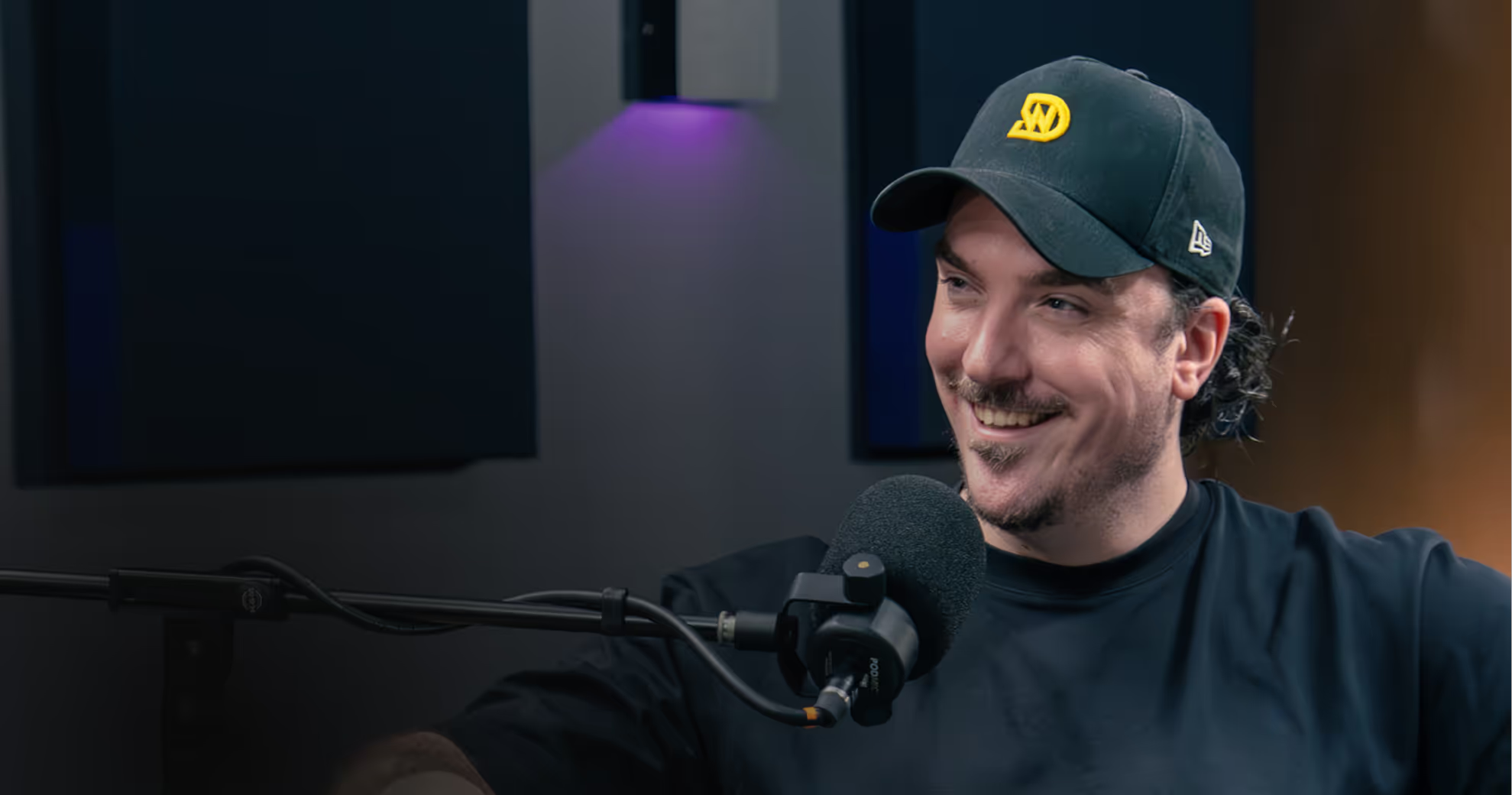
Work With Me
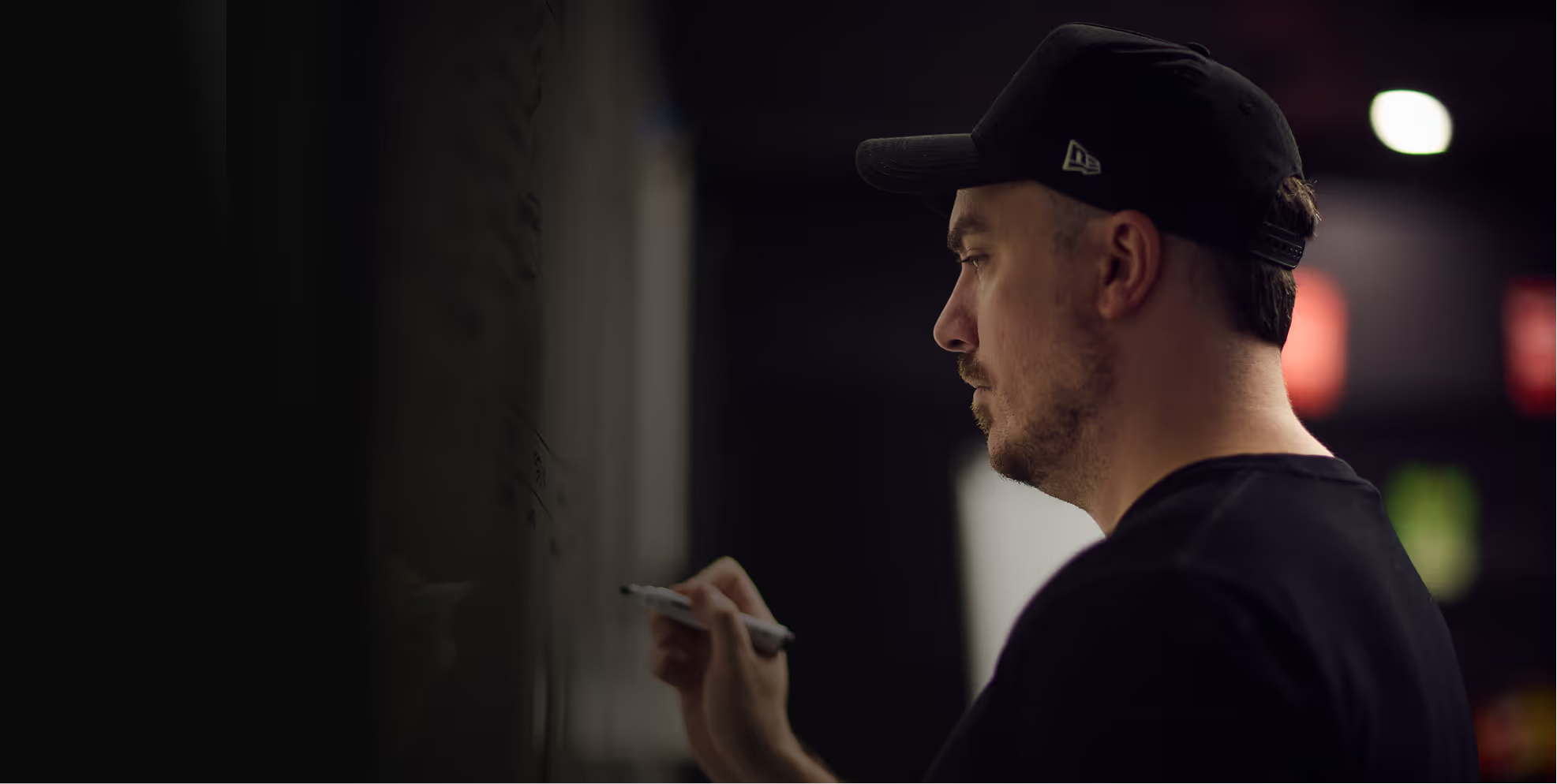
Enquire With Dain’s Team
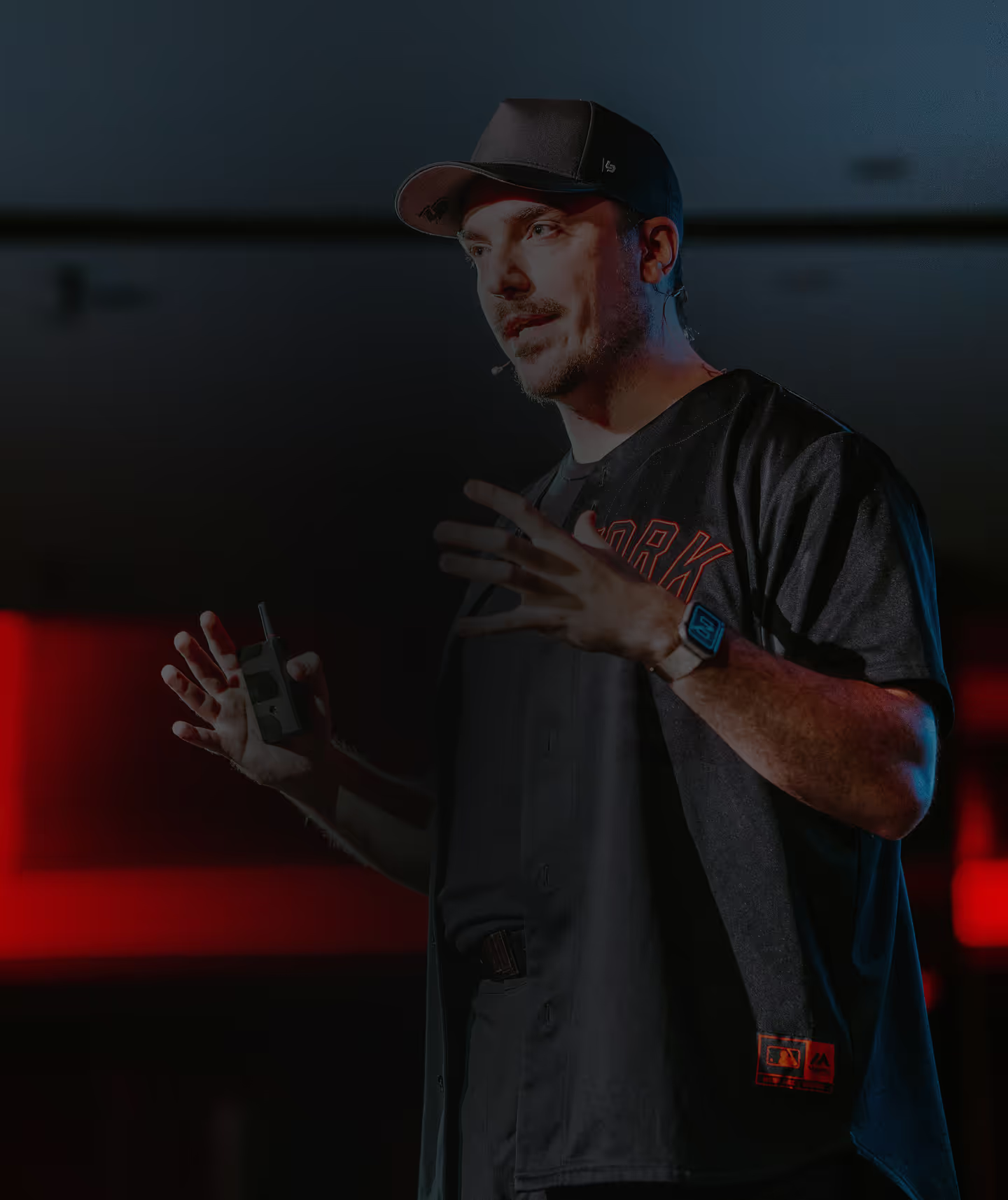
Enquire For Speaking

Let's Get You Branded
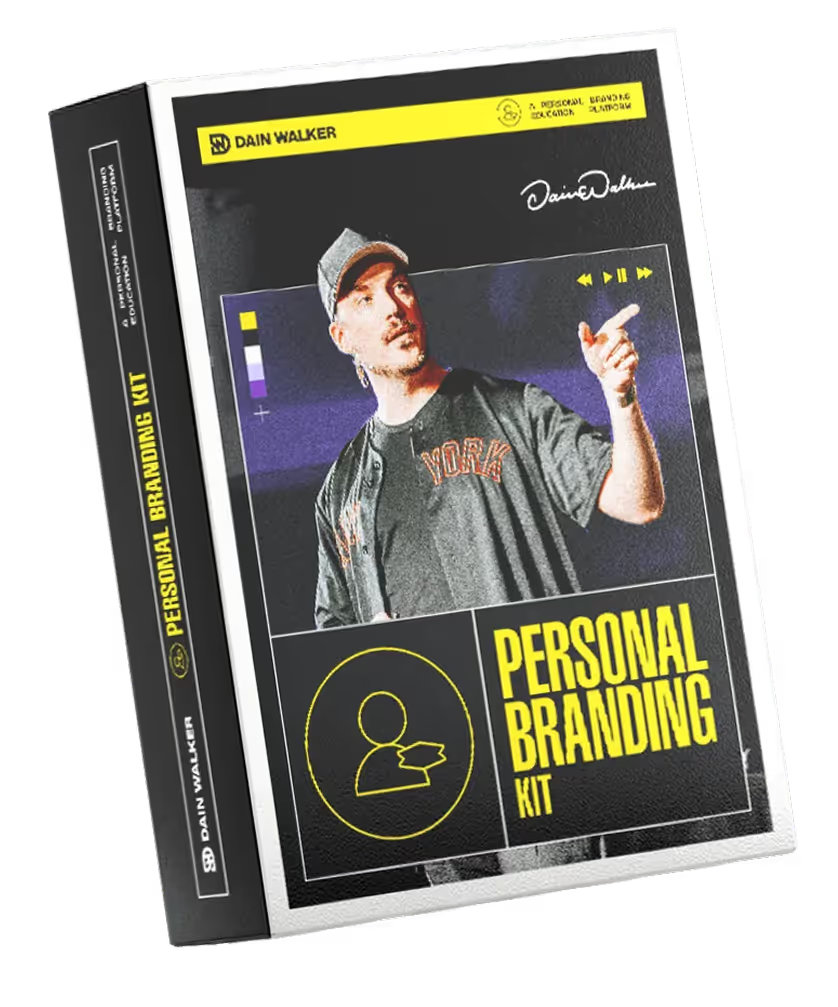
Apply to be a guest
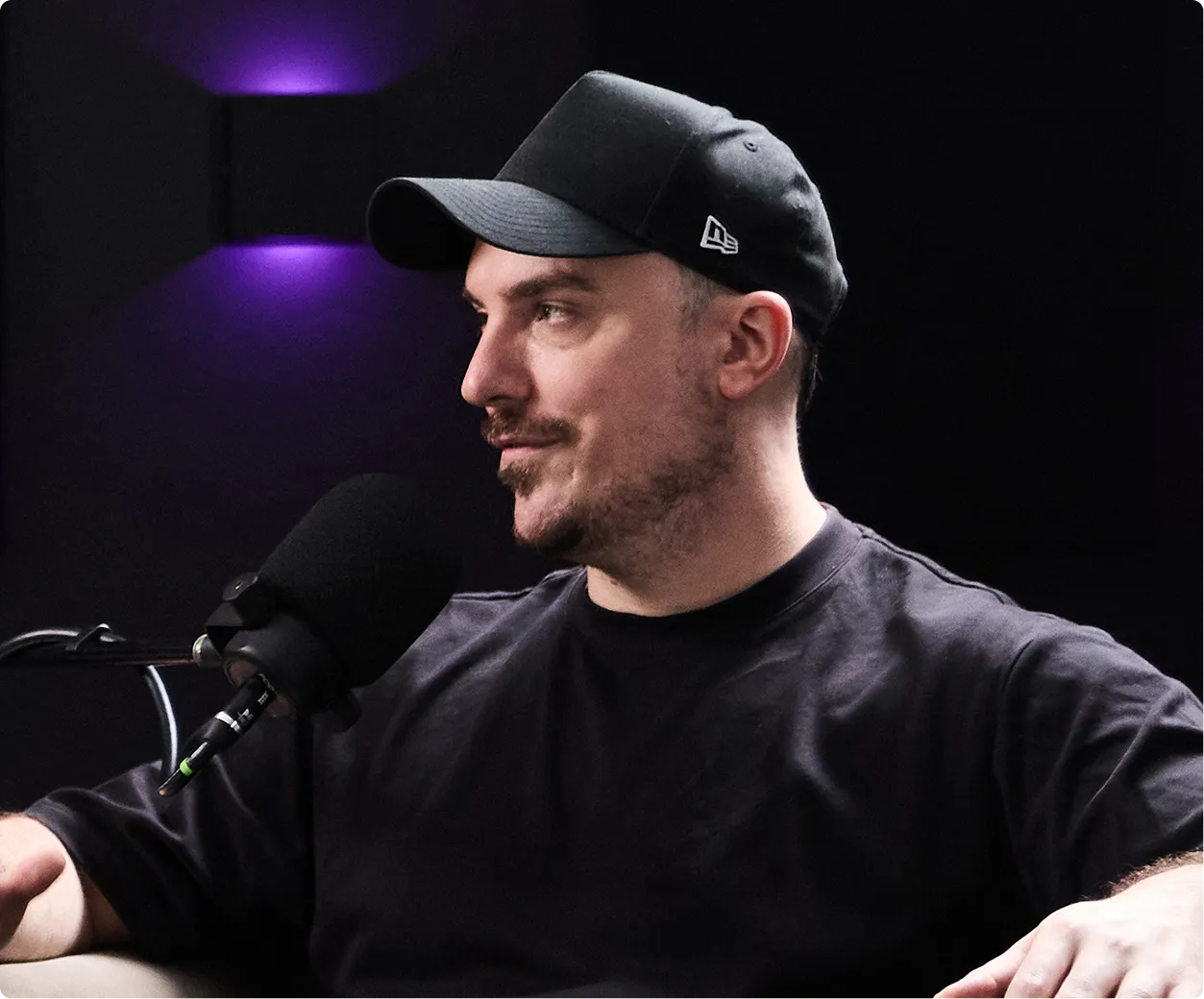
Dive into insights from industry leaders and experts.
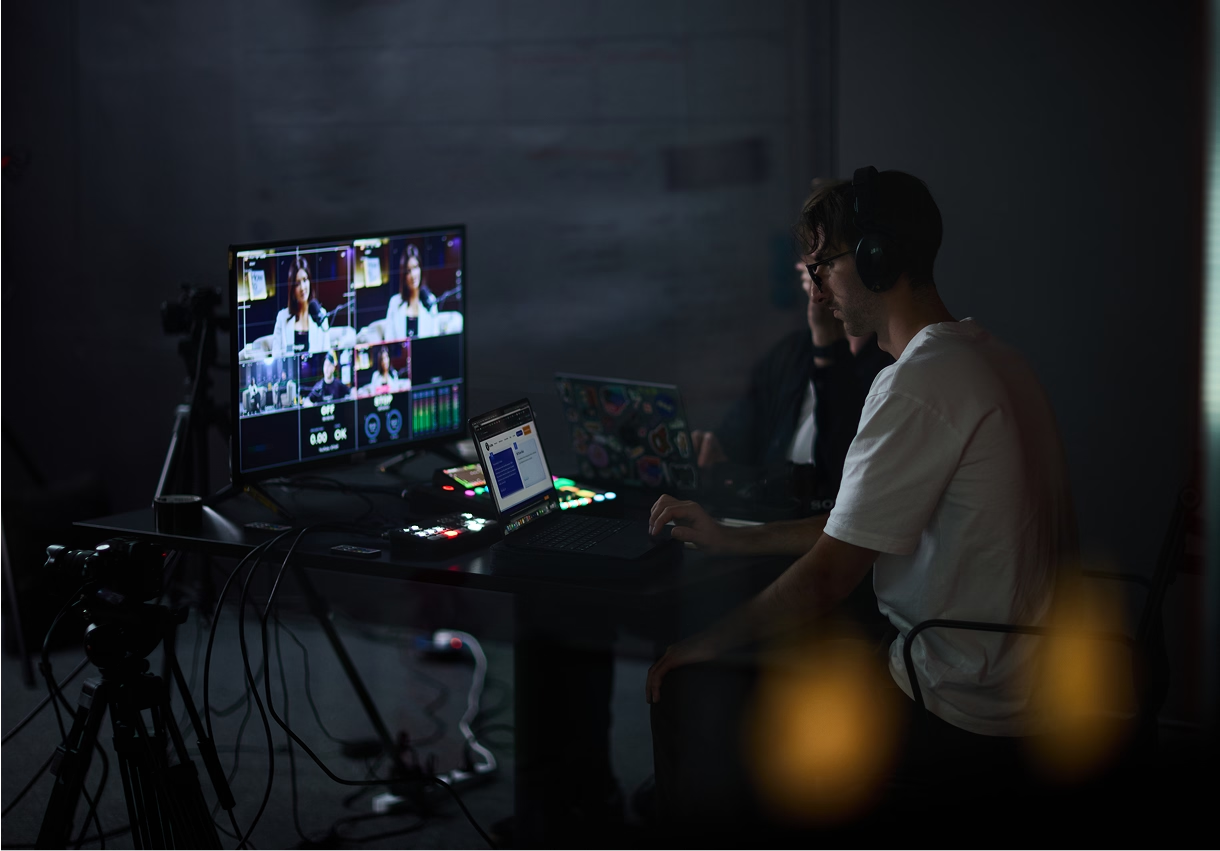
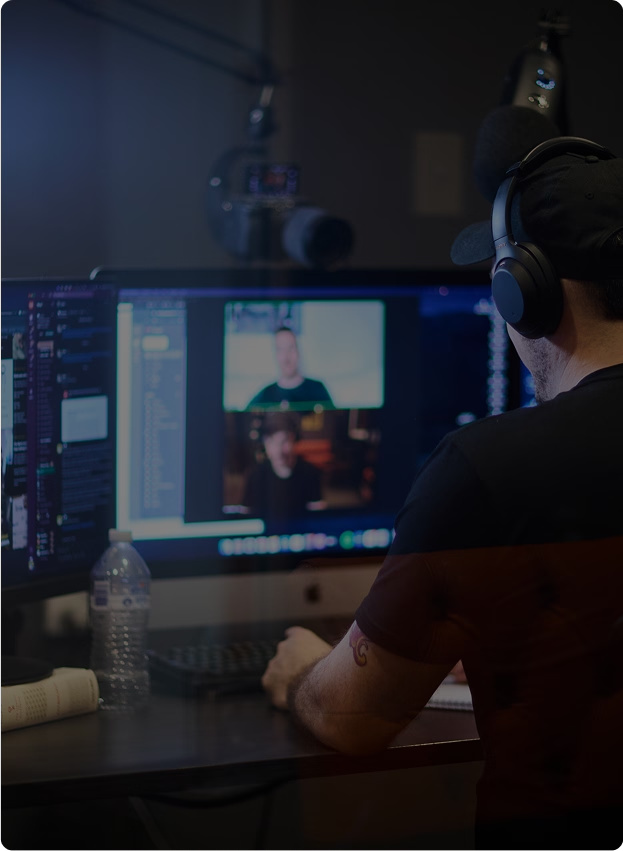
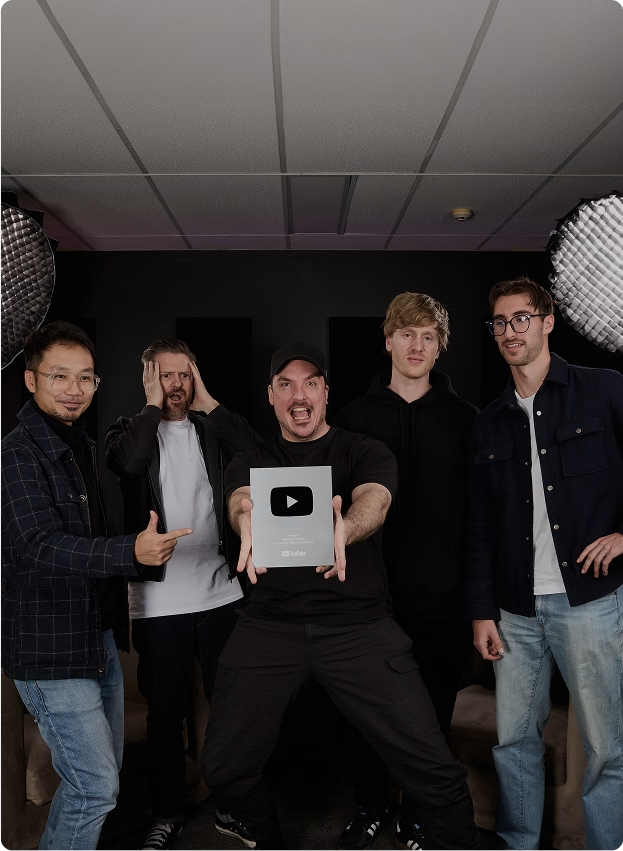
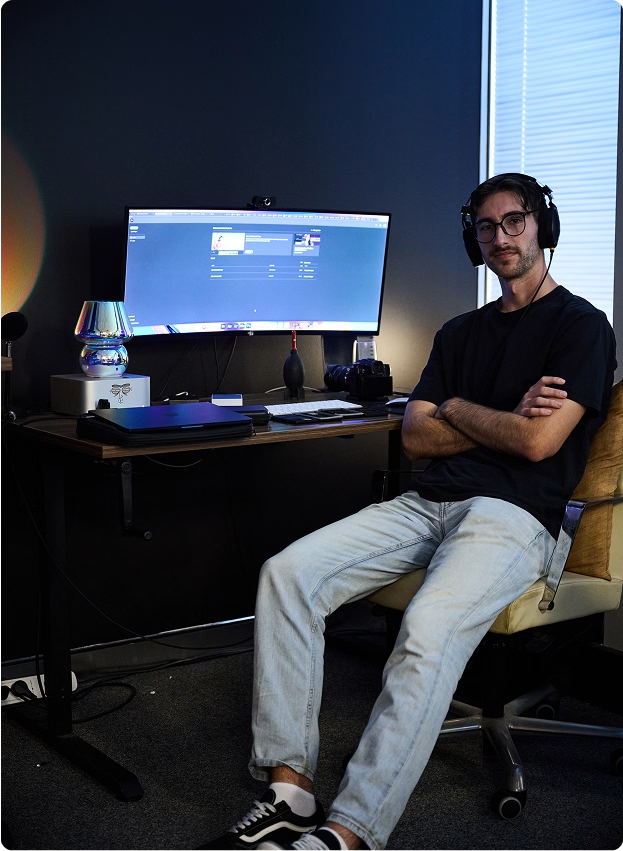
Stream now
Dive into expert advice and industry trends.
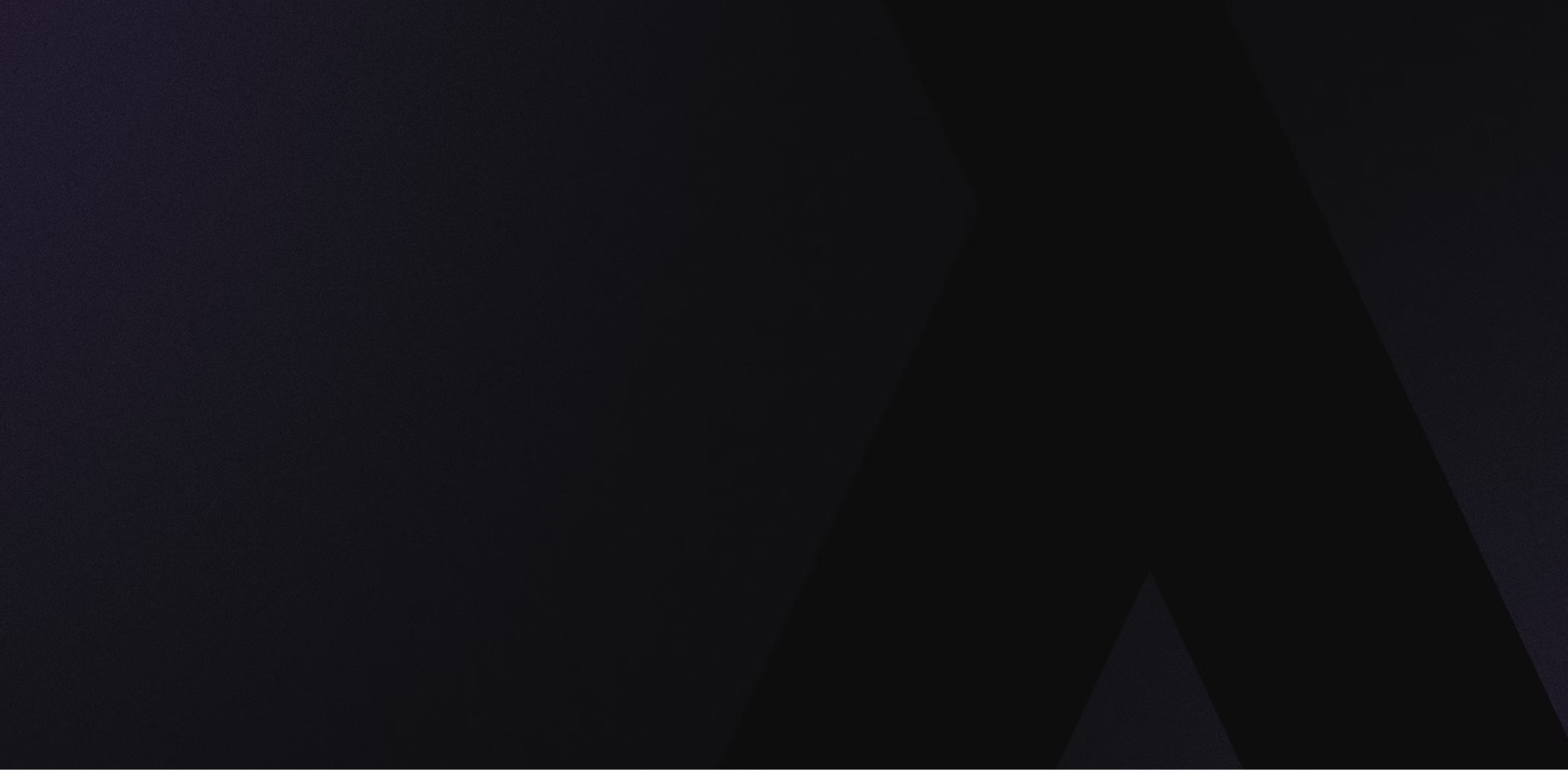

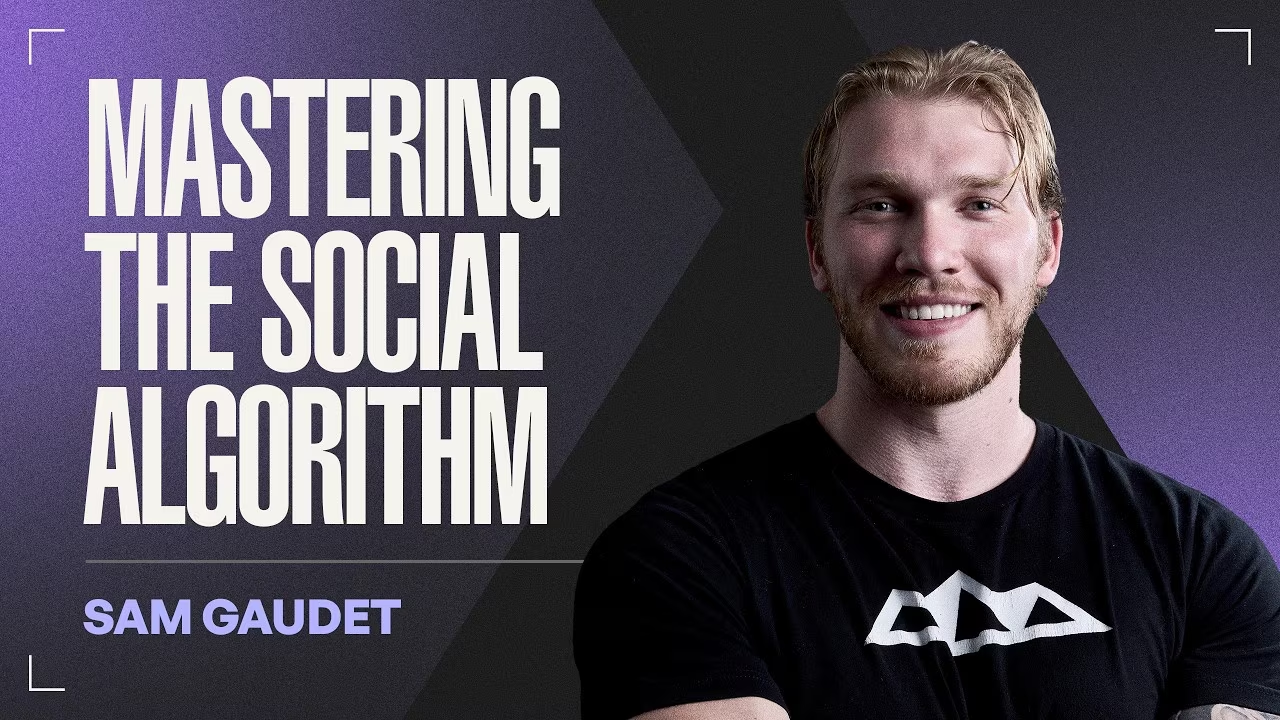
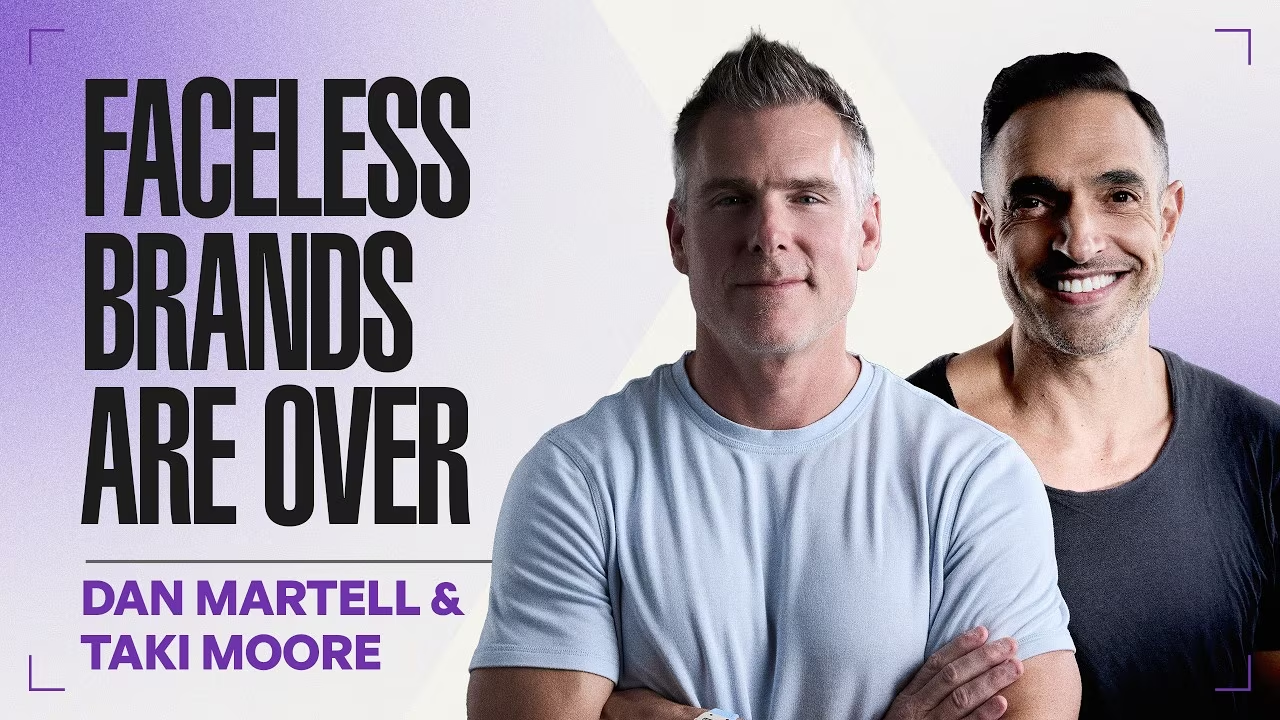
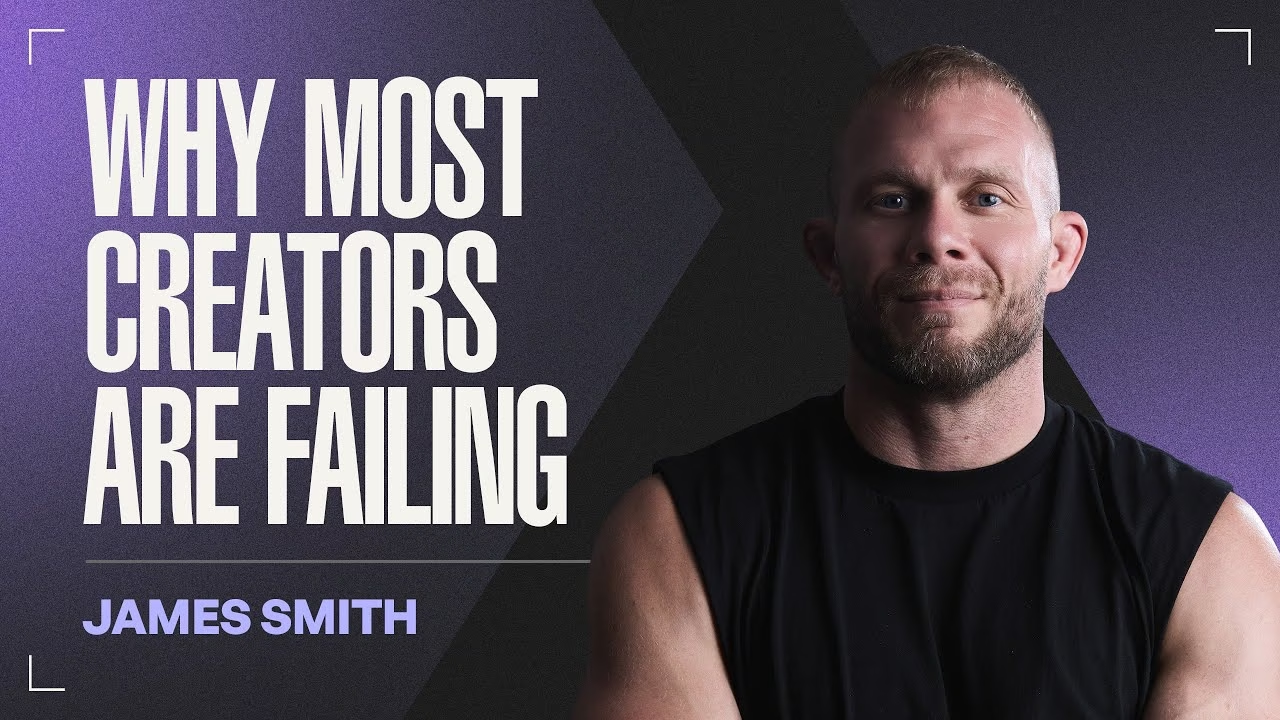
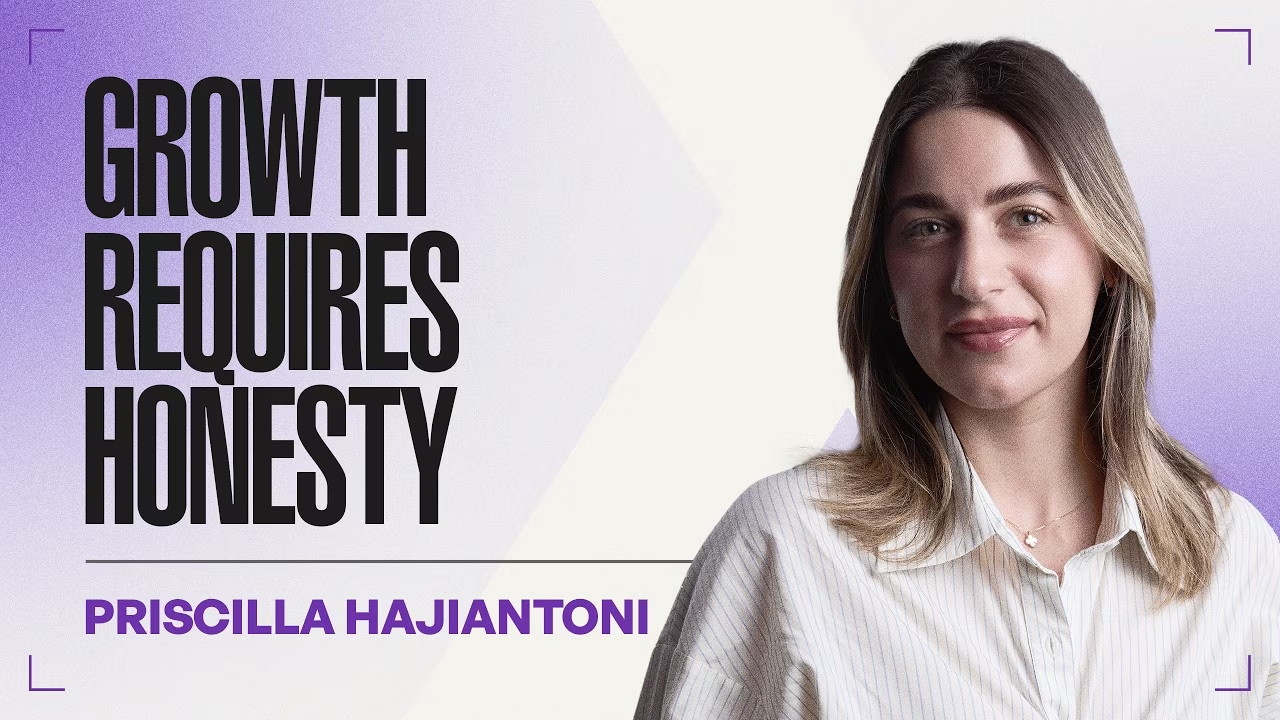
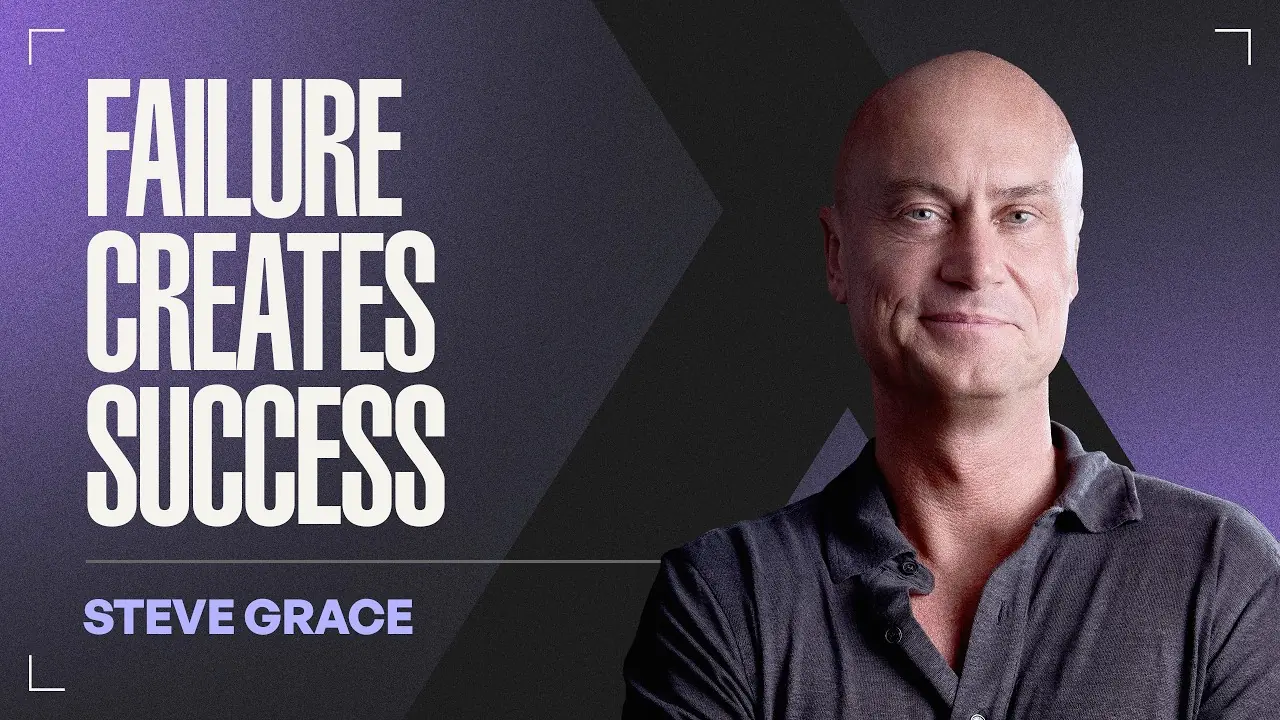
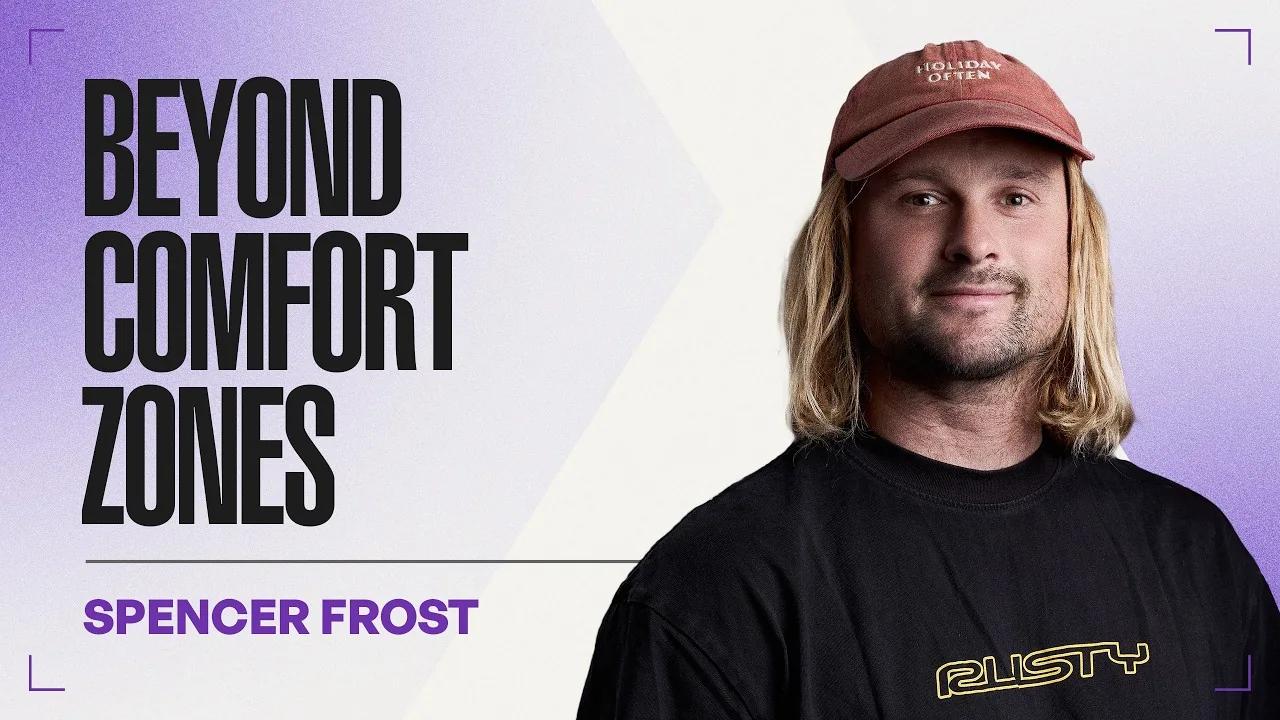
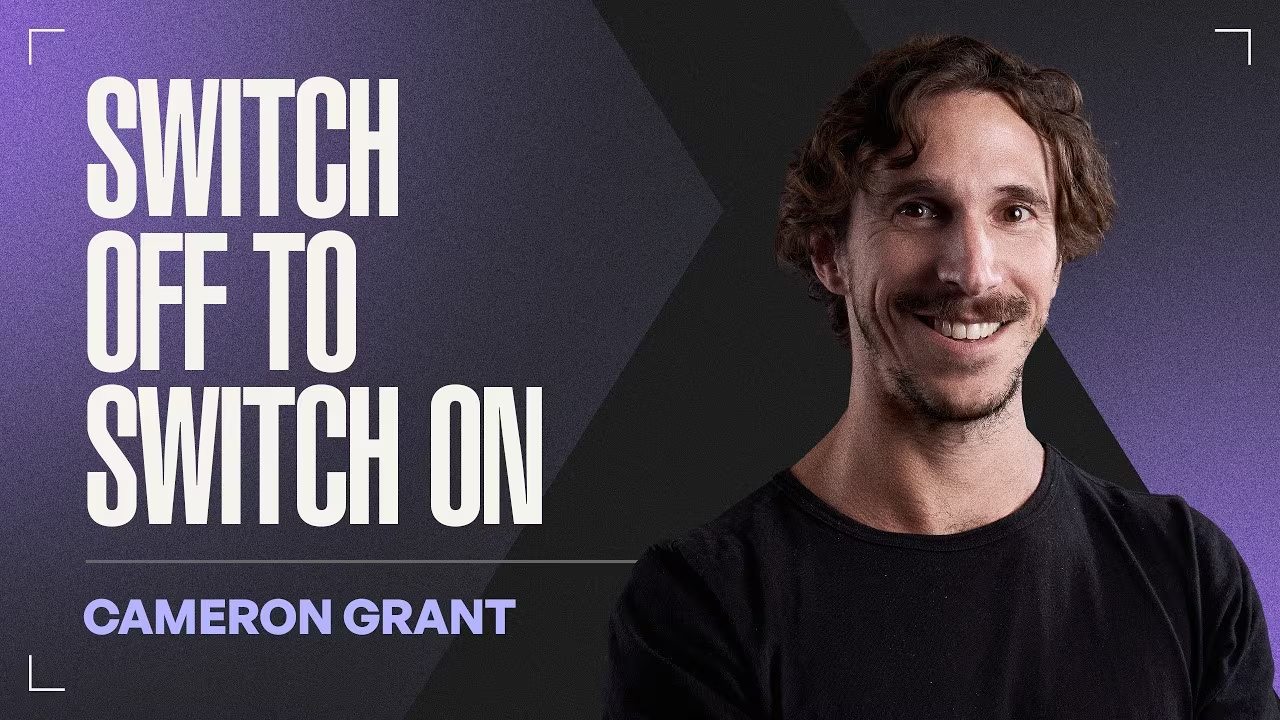
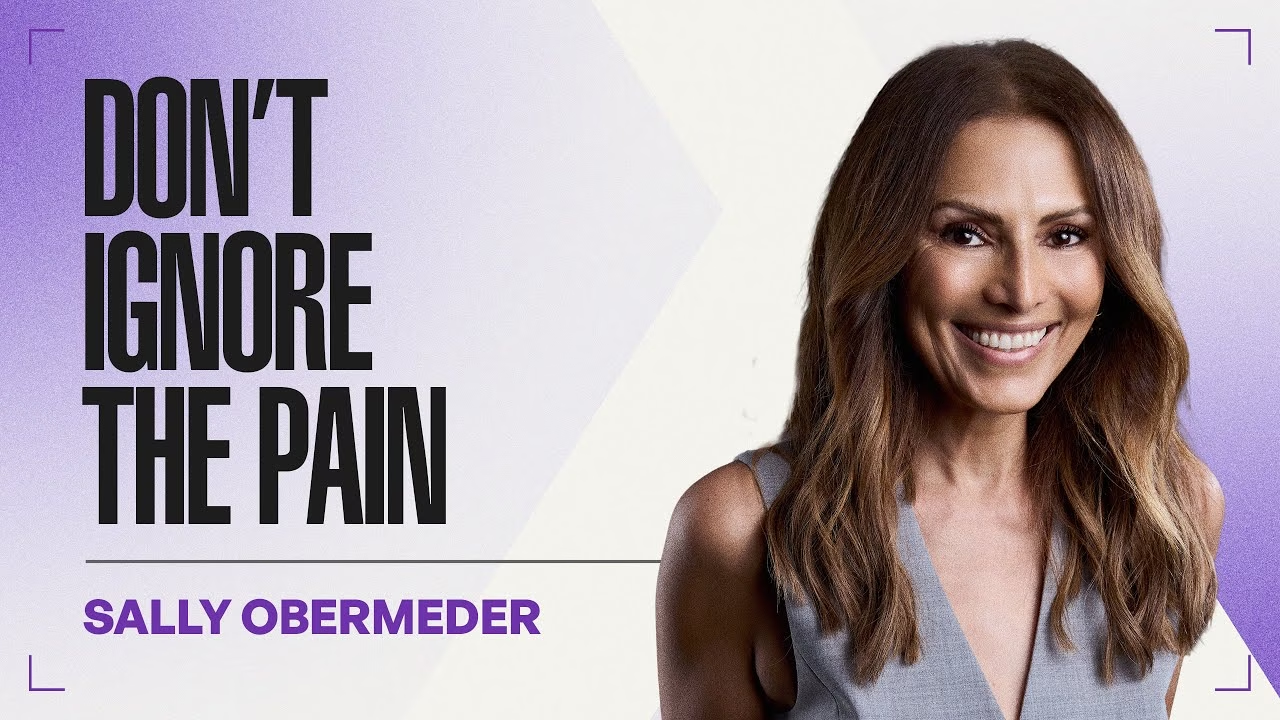
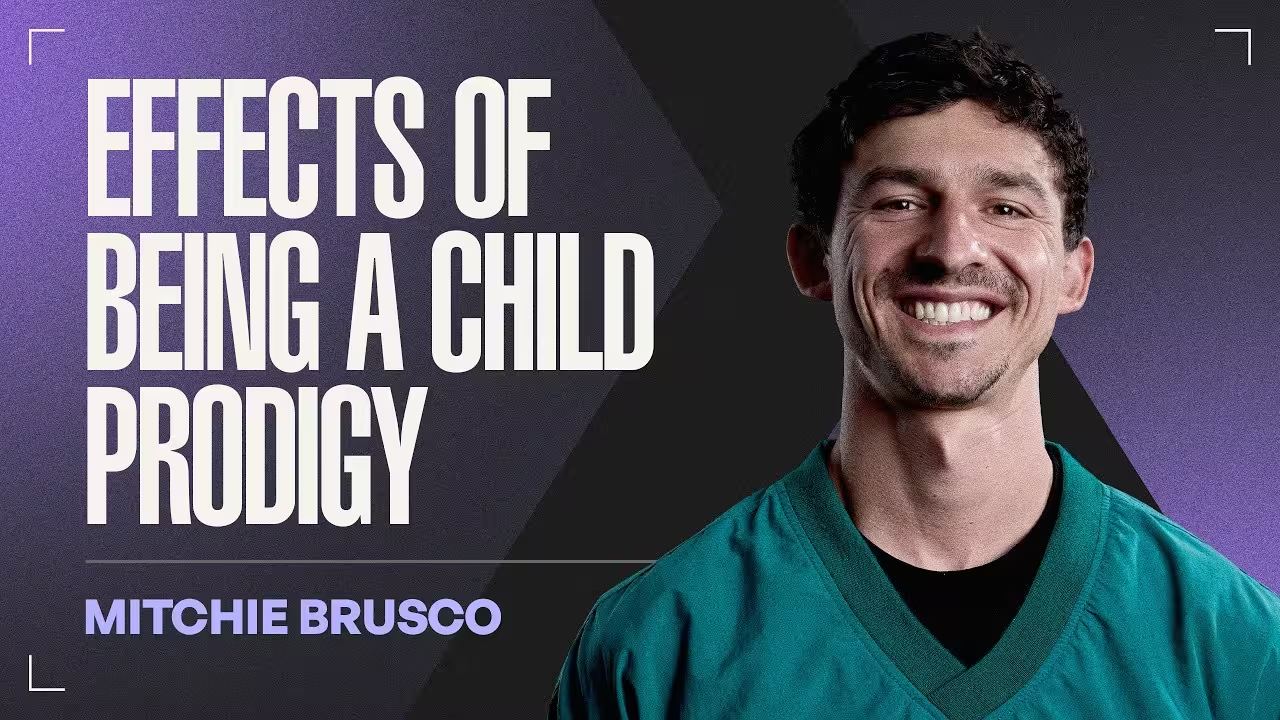
.avif)
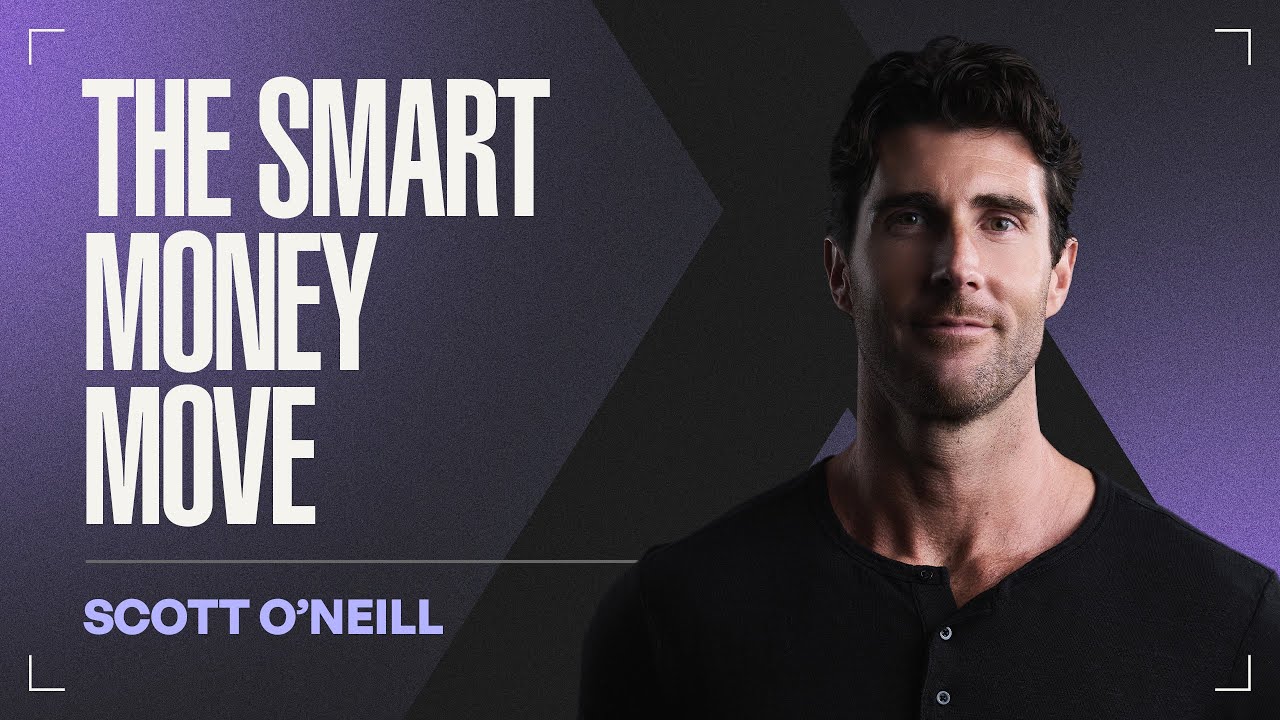
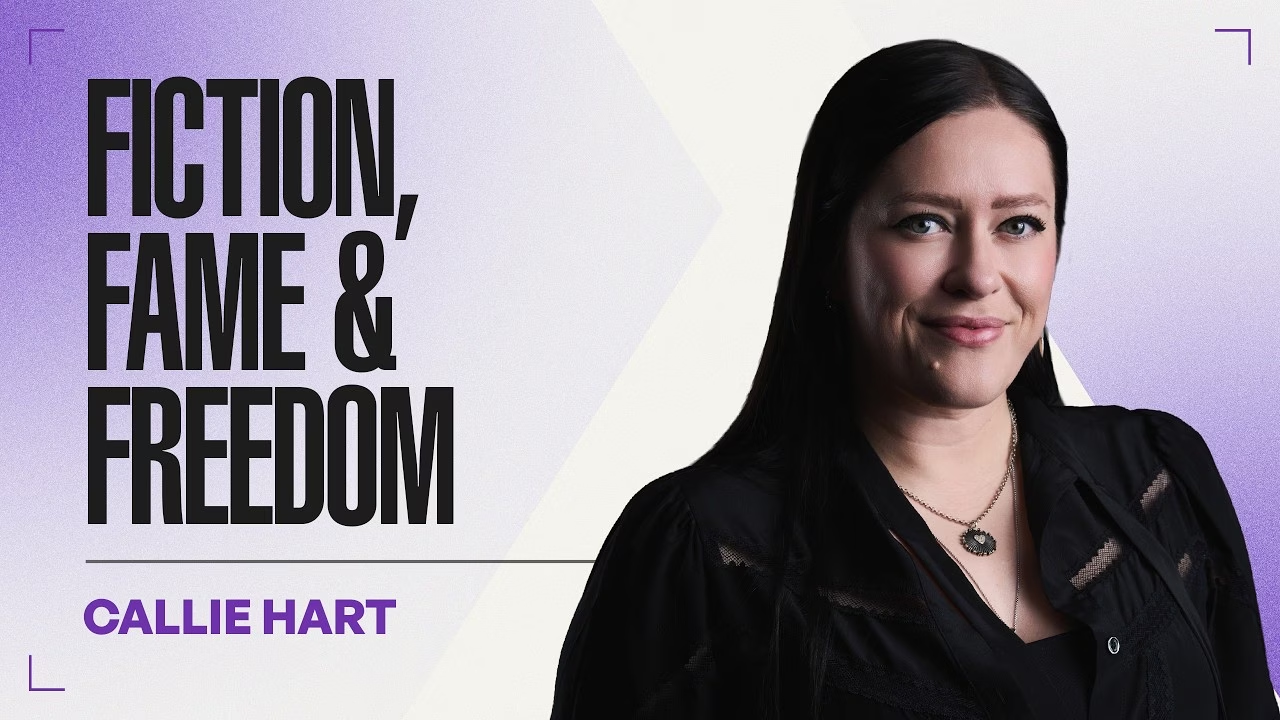

.avif)
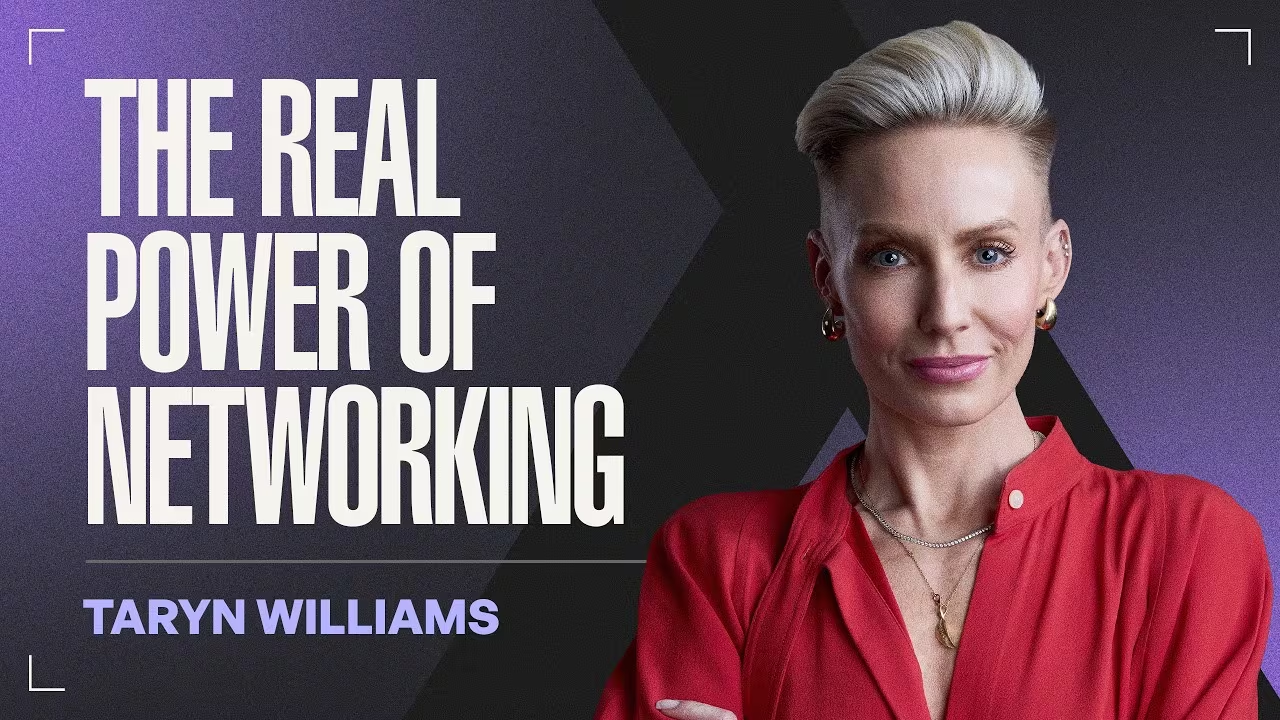

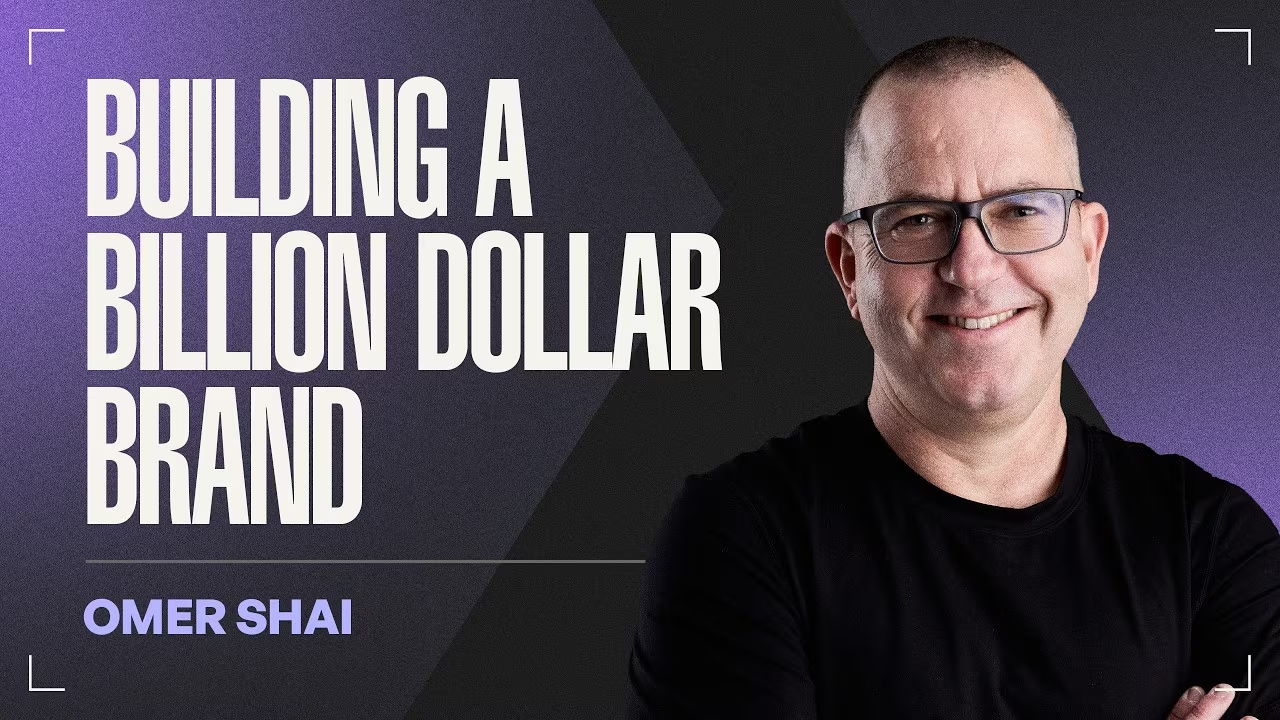
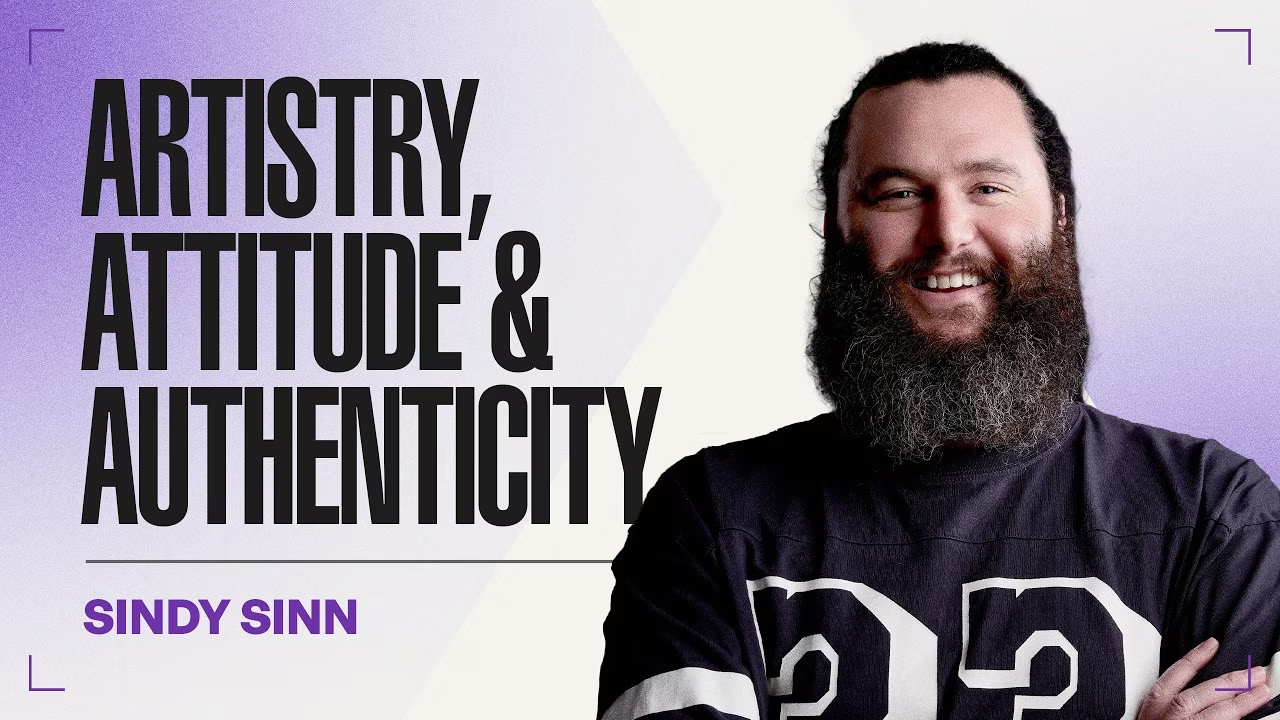
%20(1).avif)
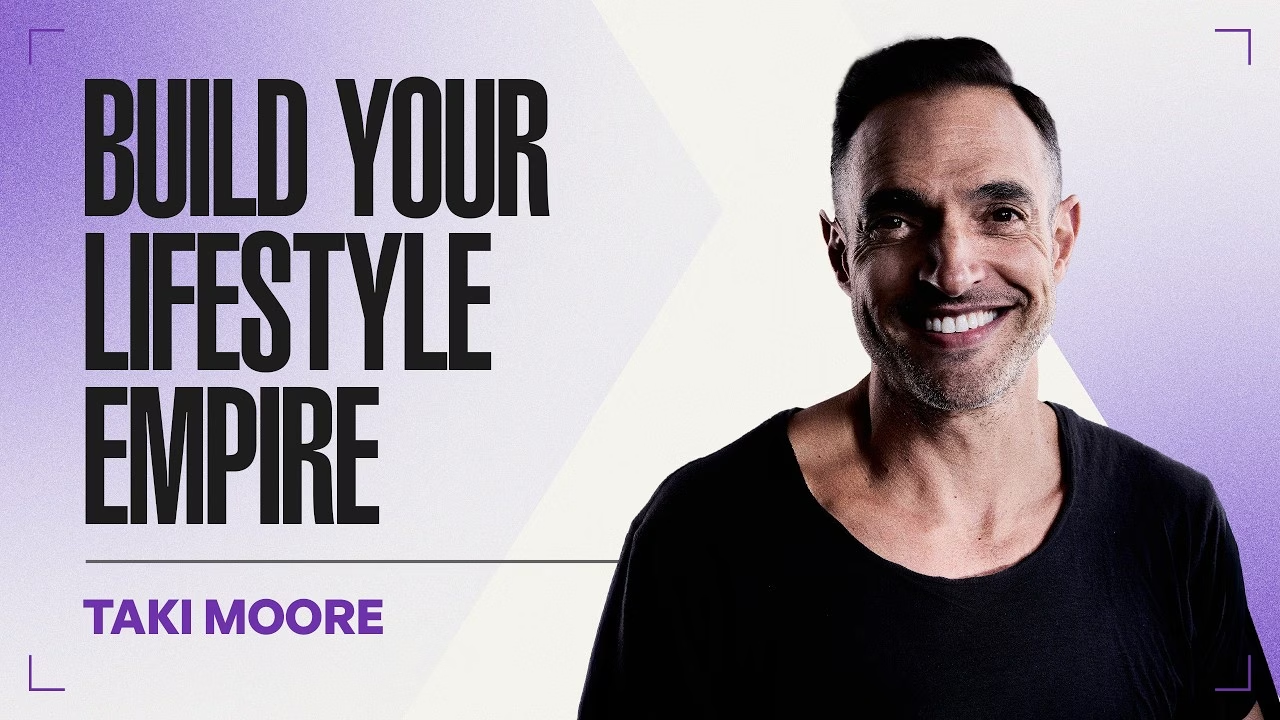
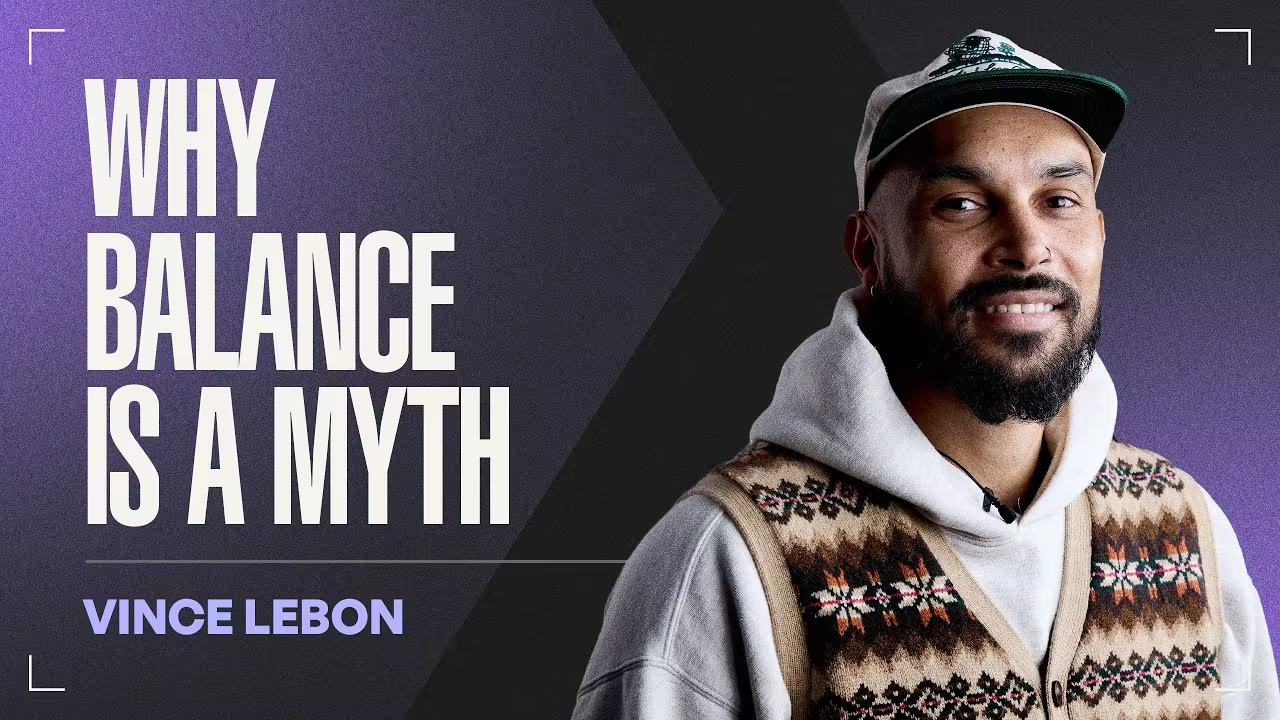
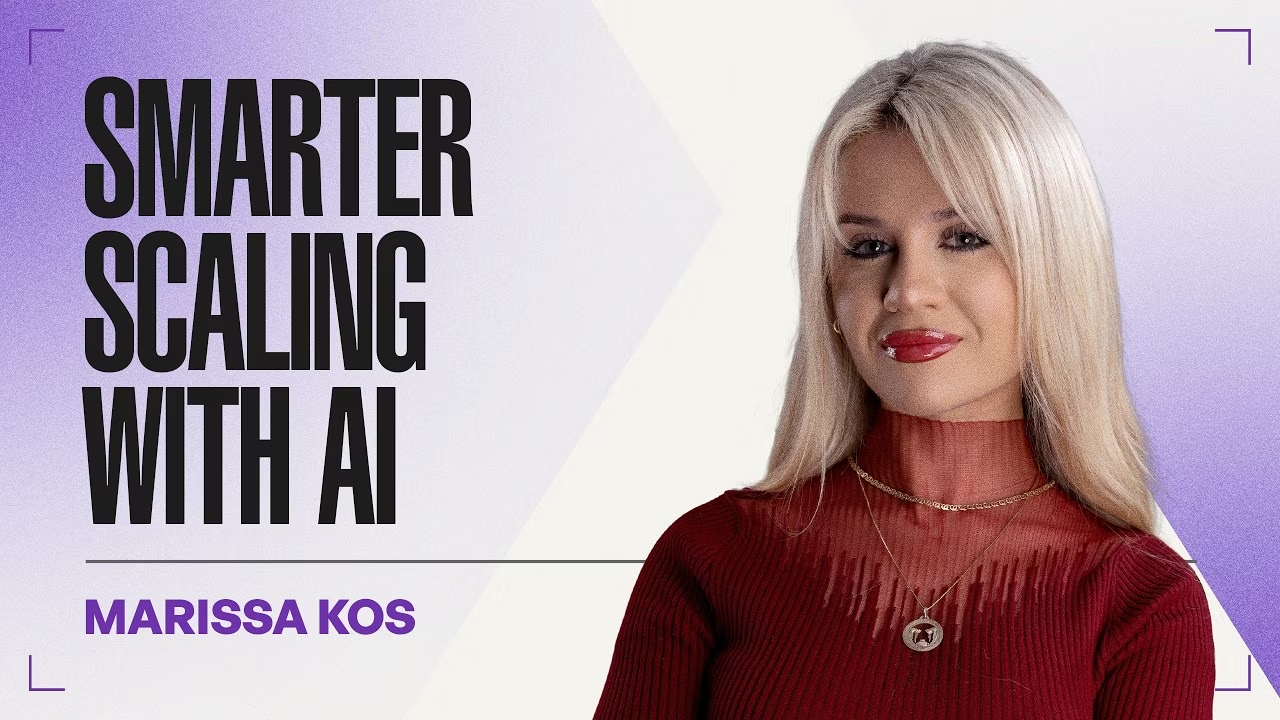
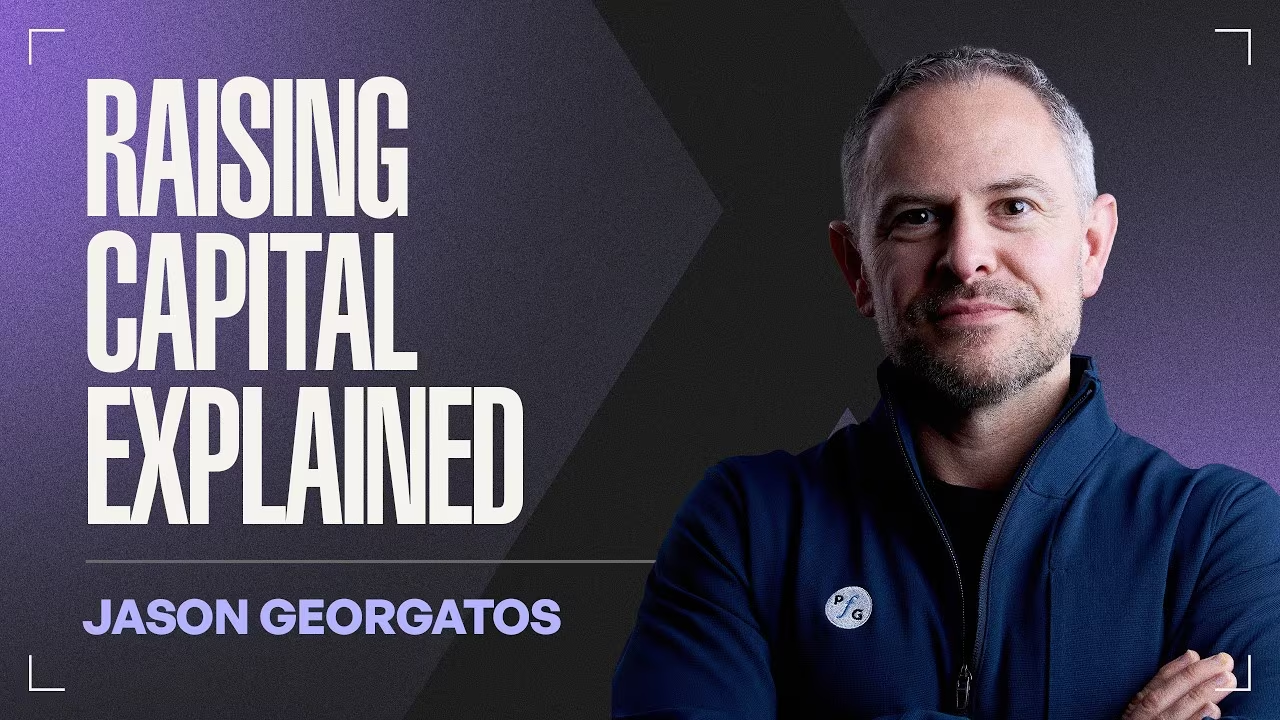
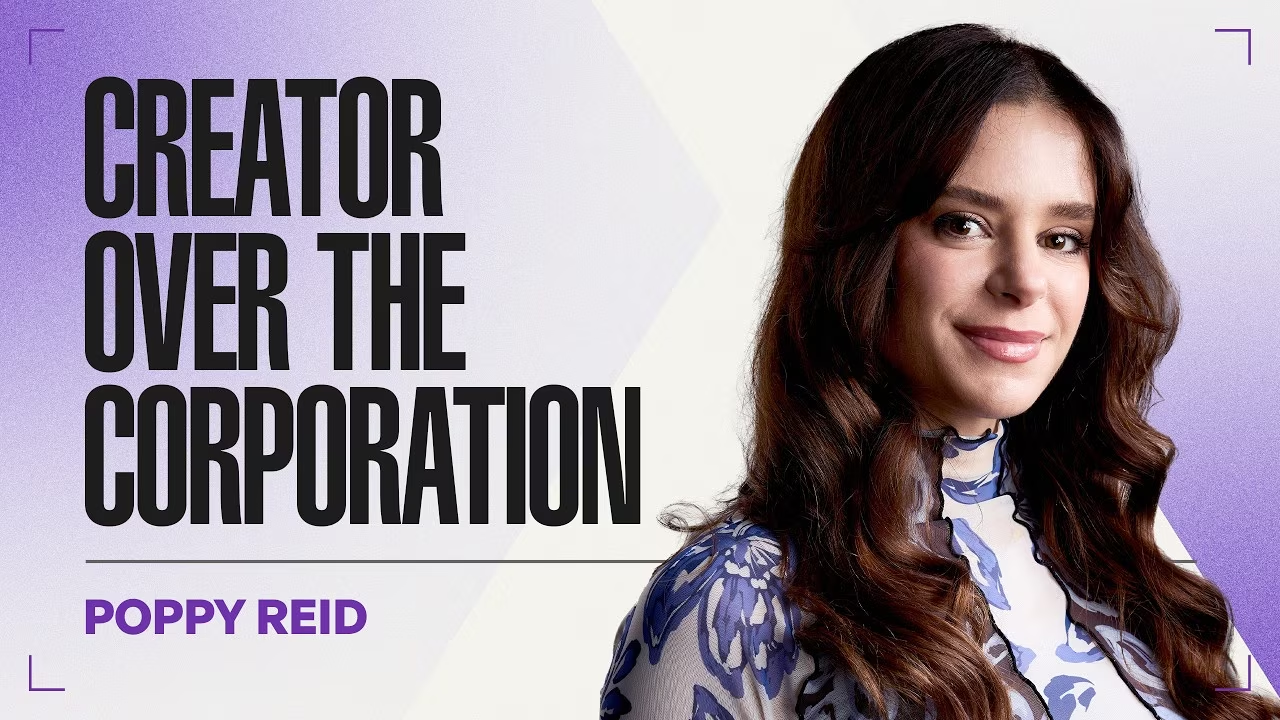
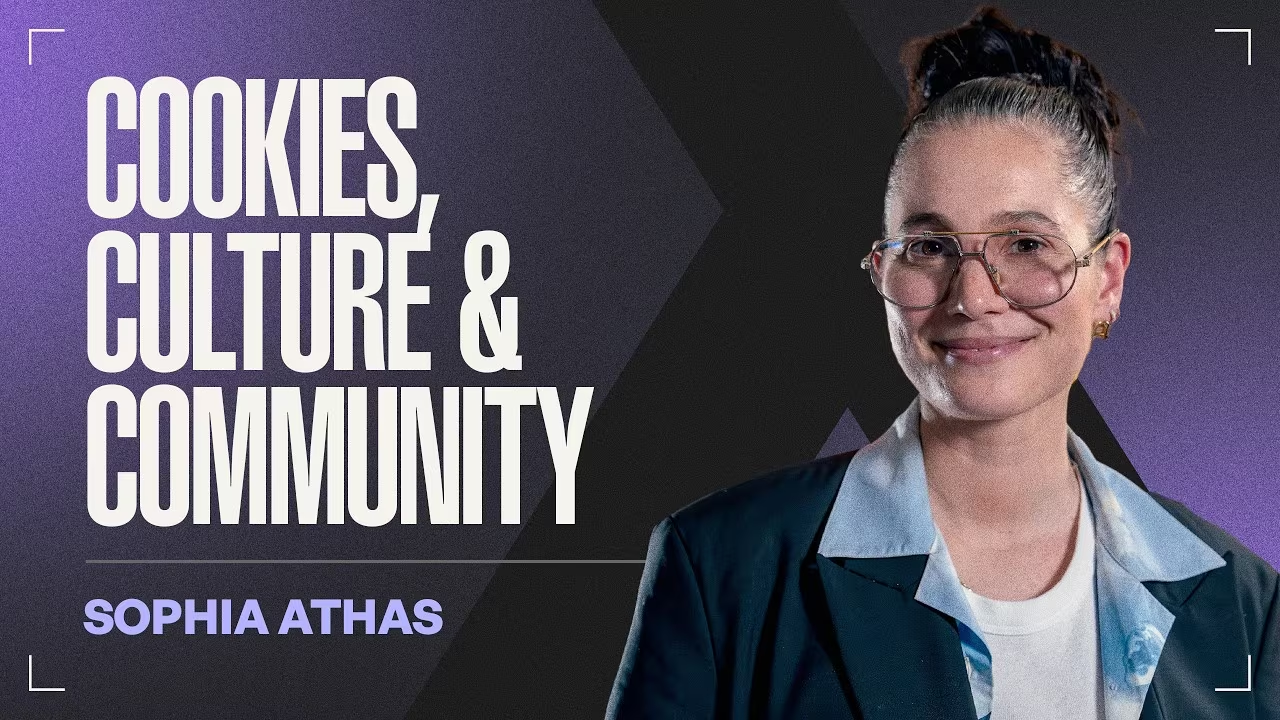

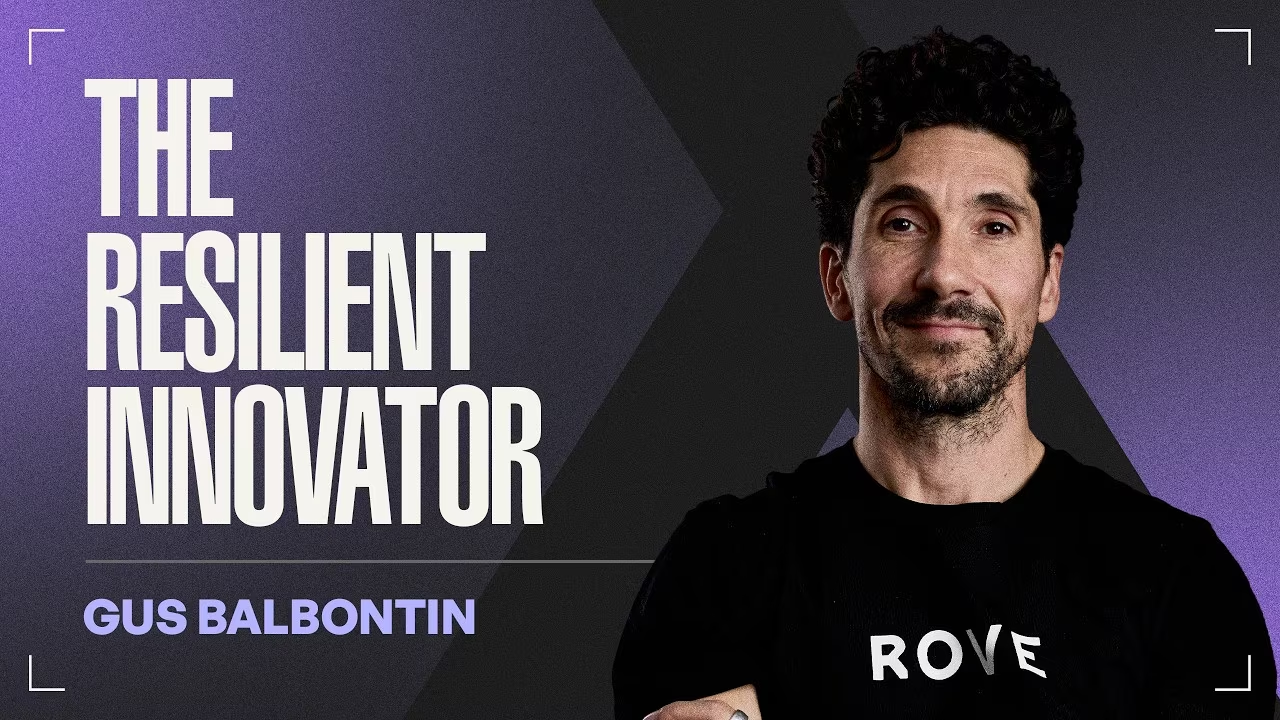
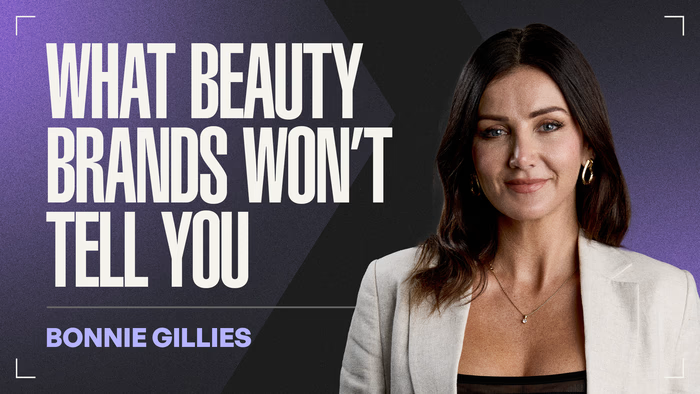


.avif)

